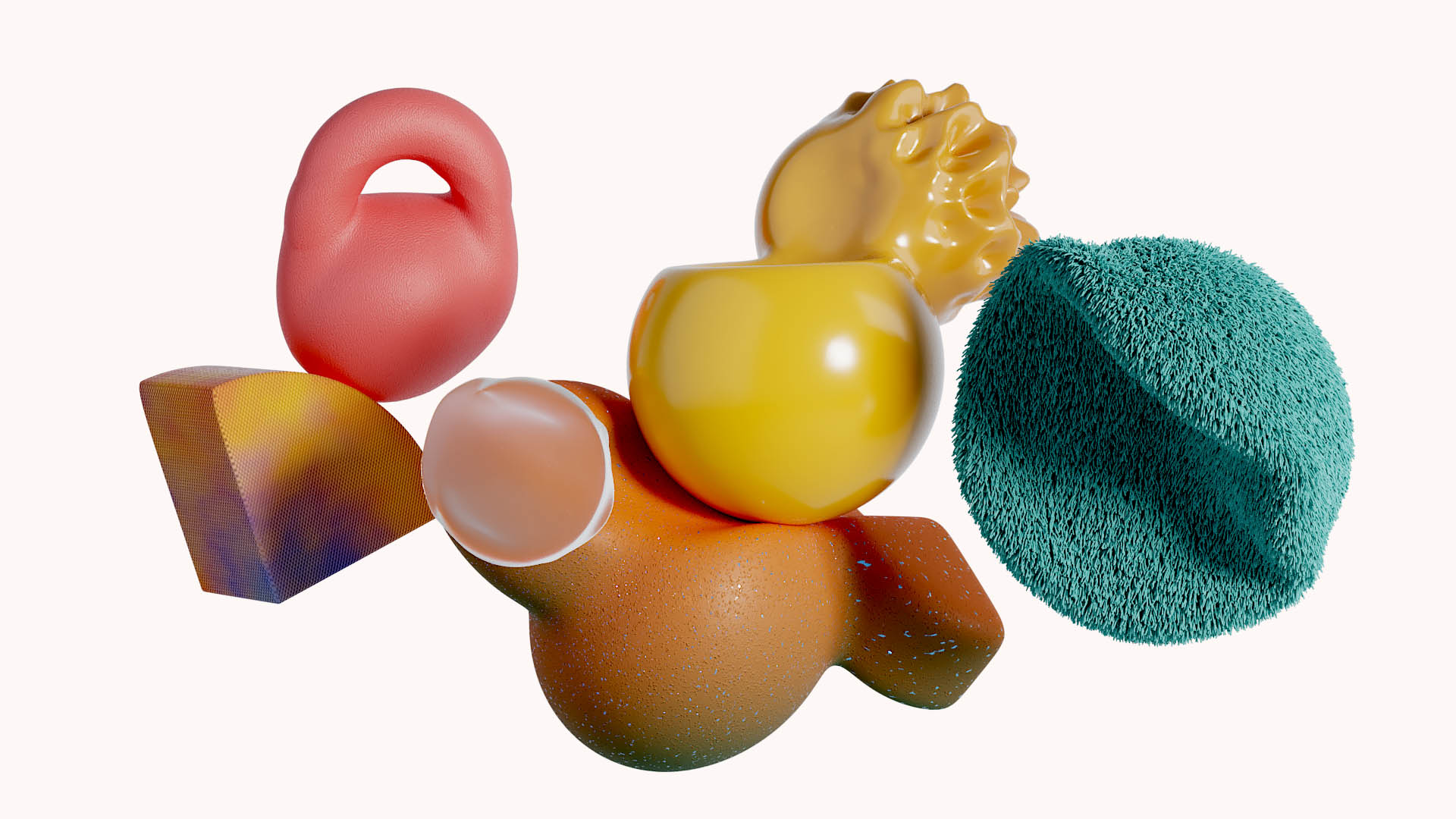
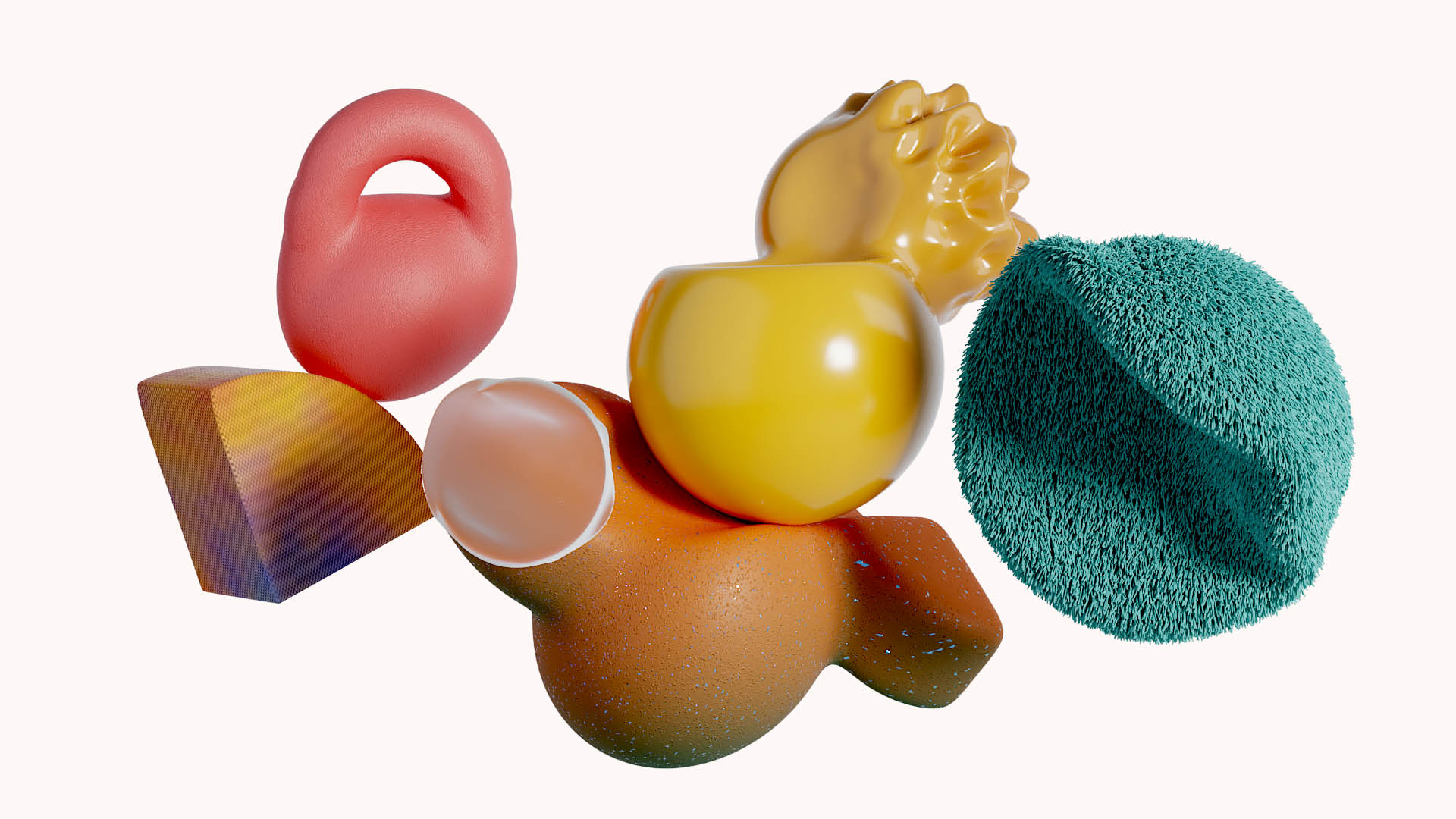
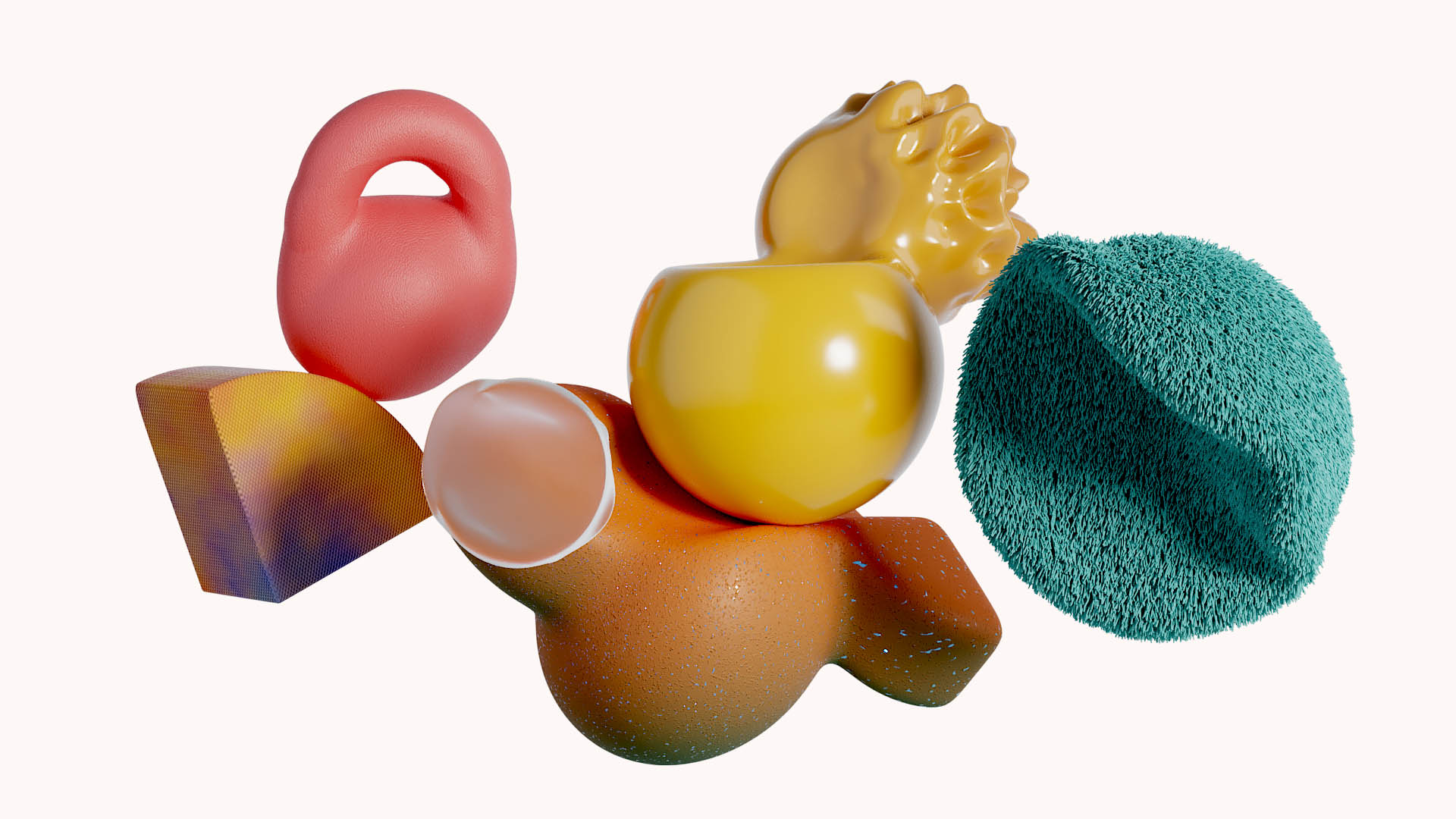
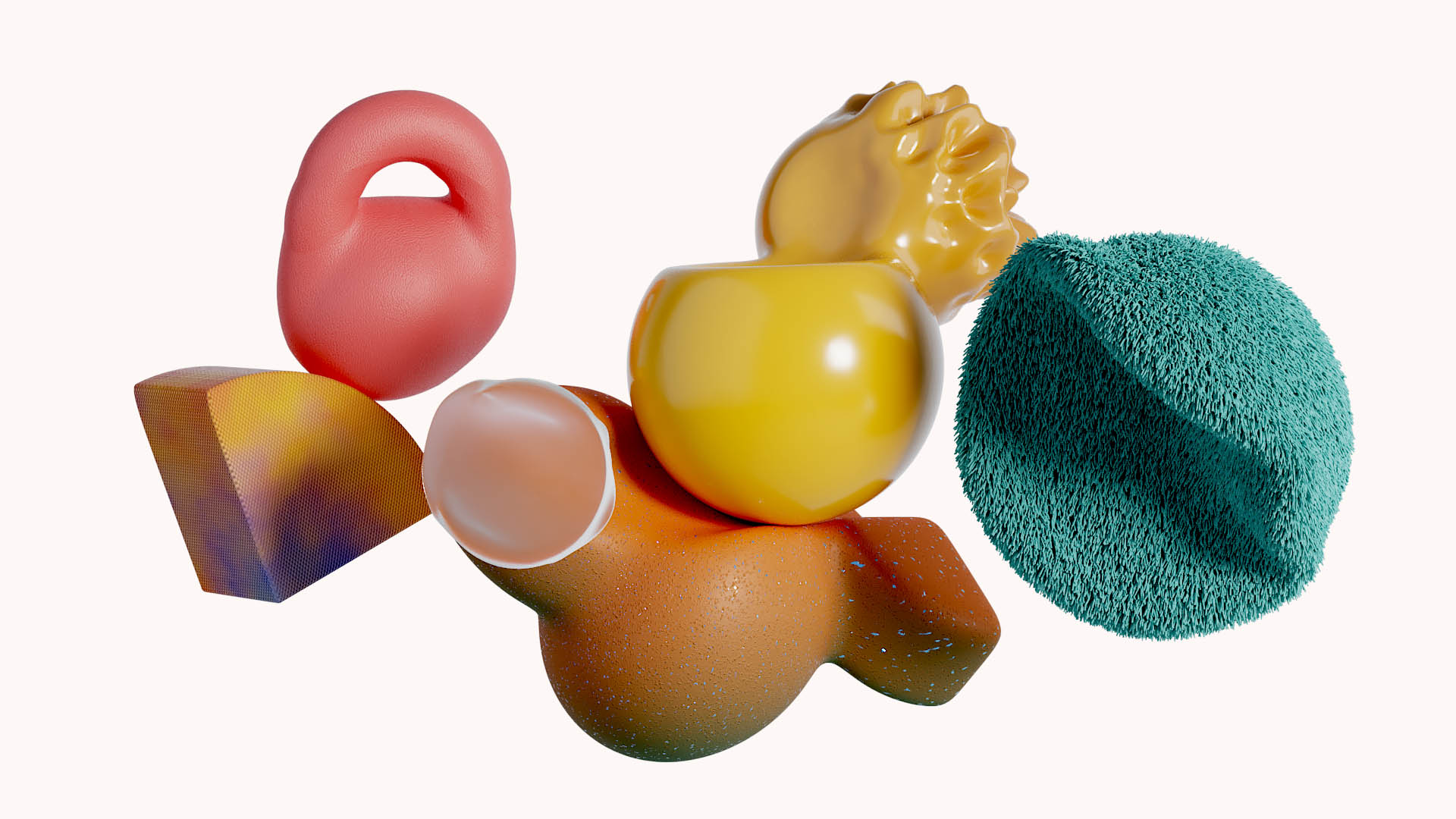
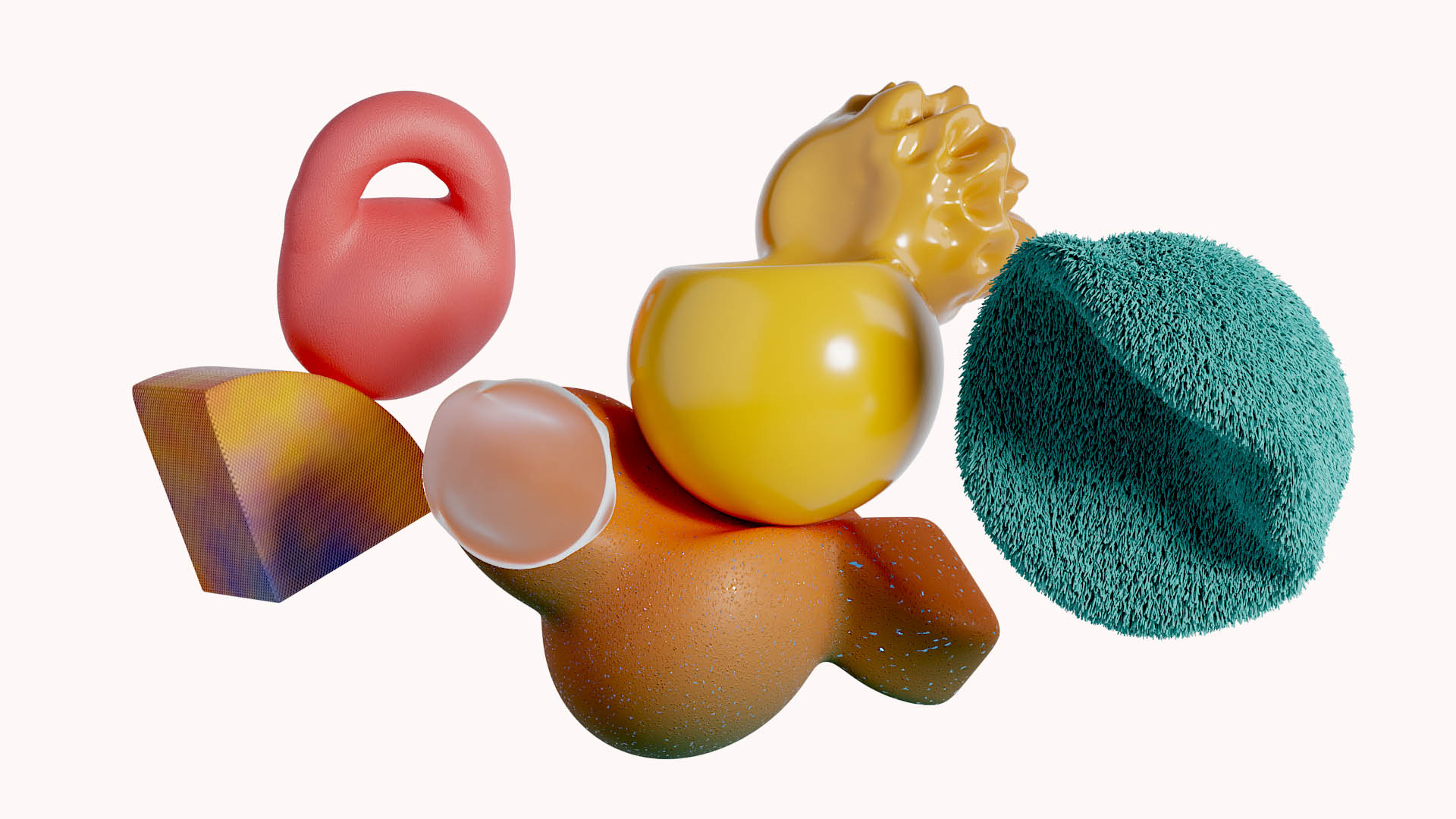
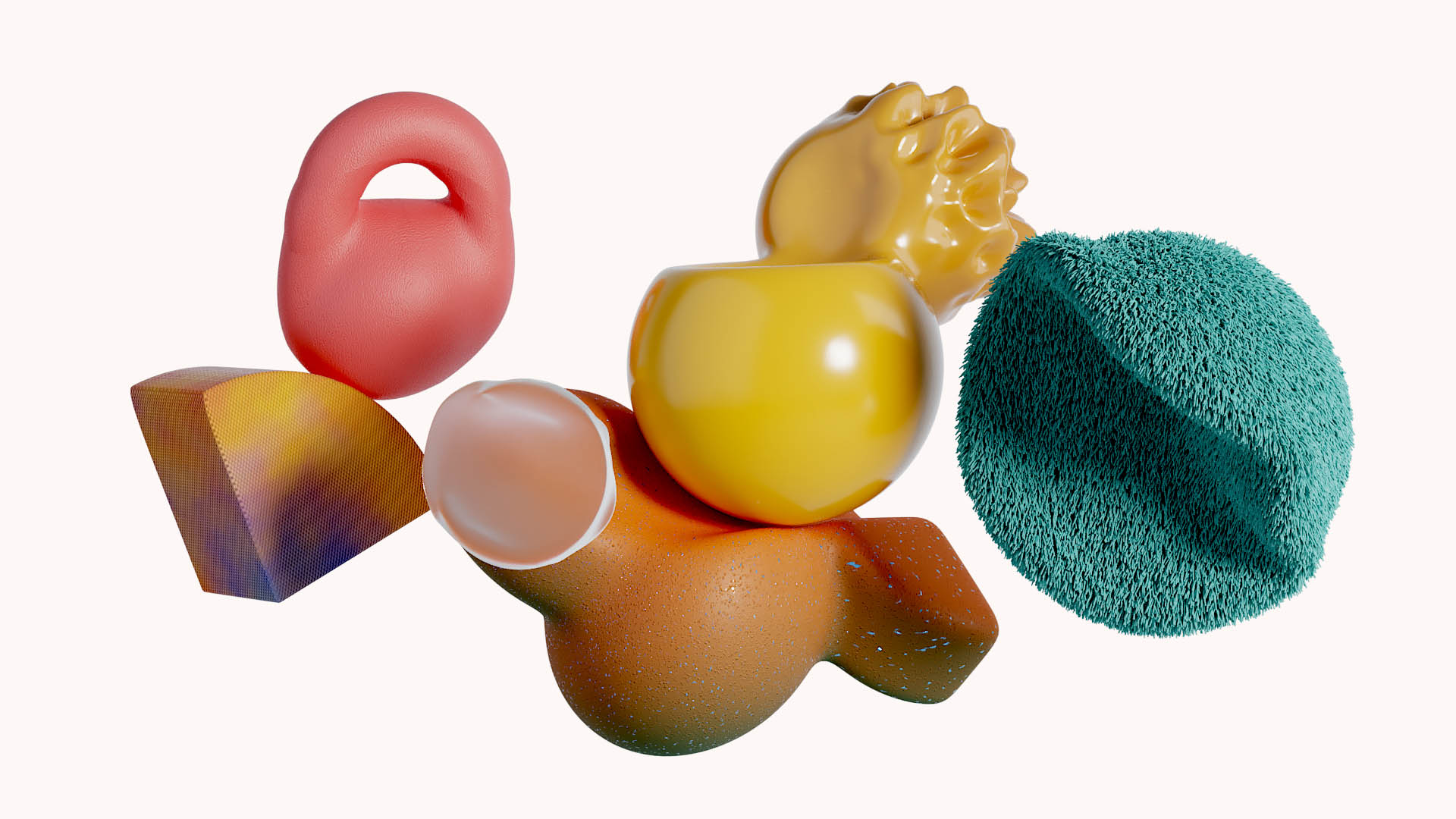
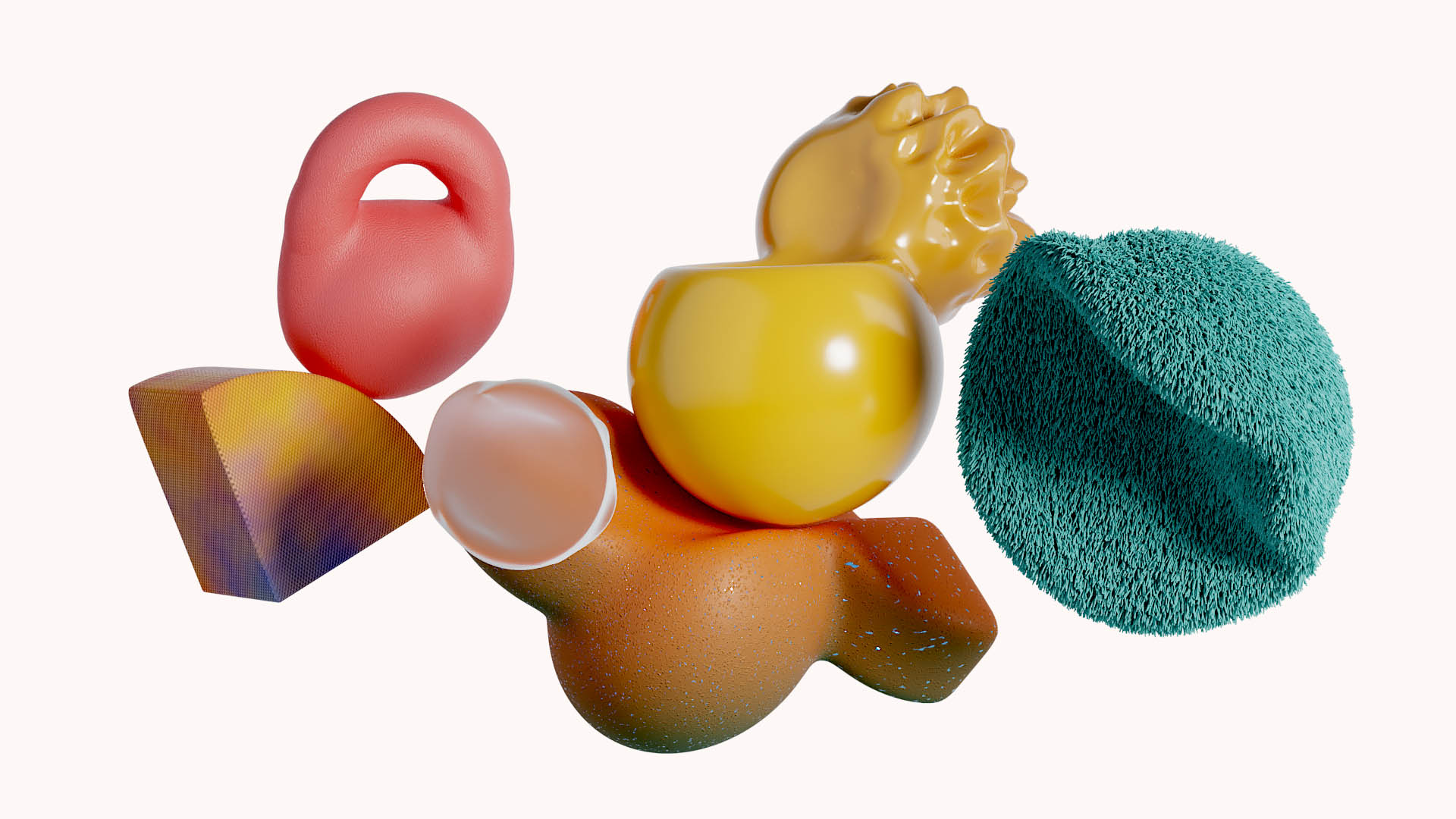
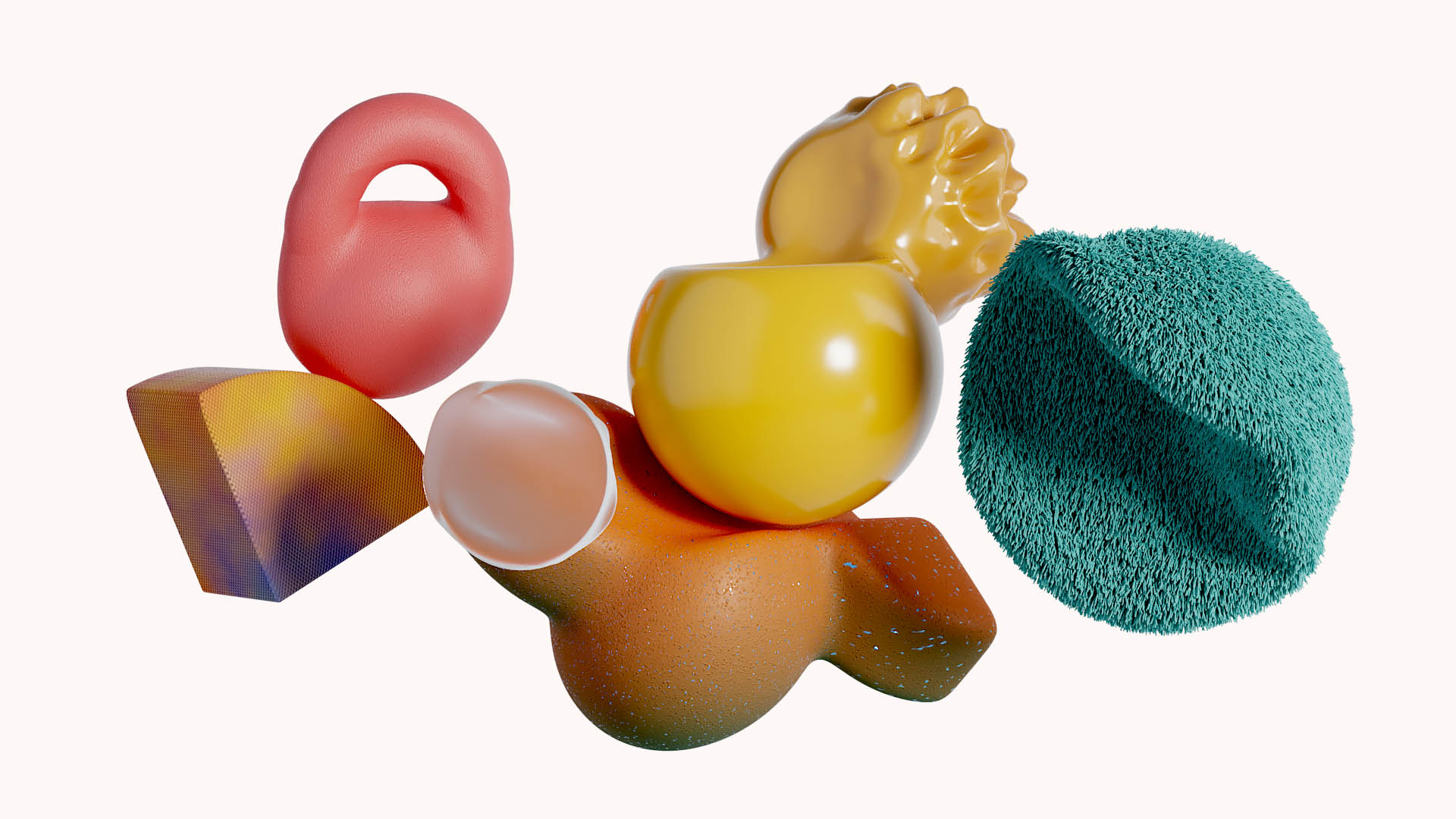
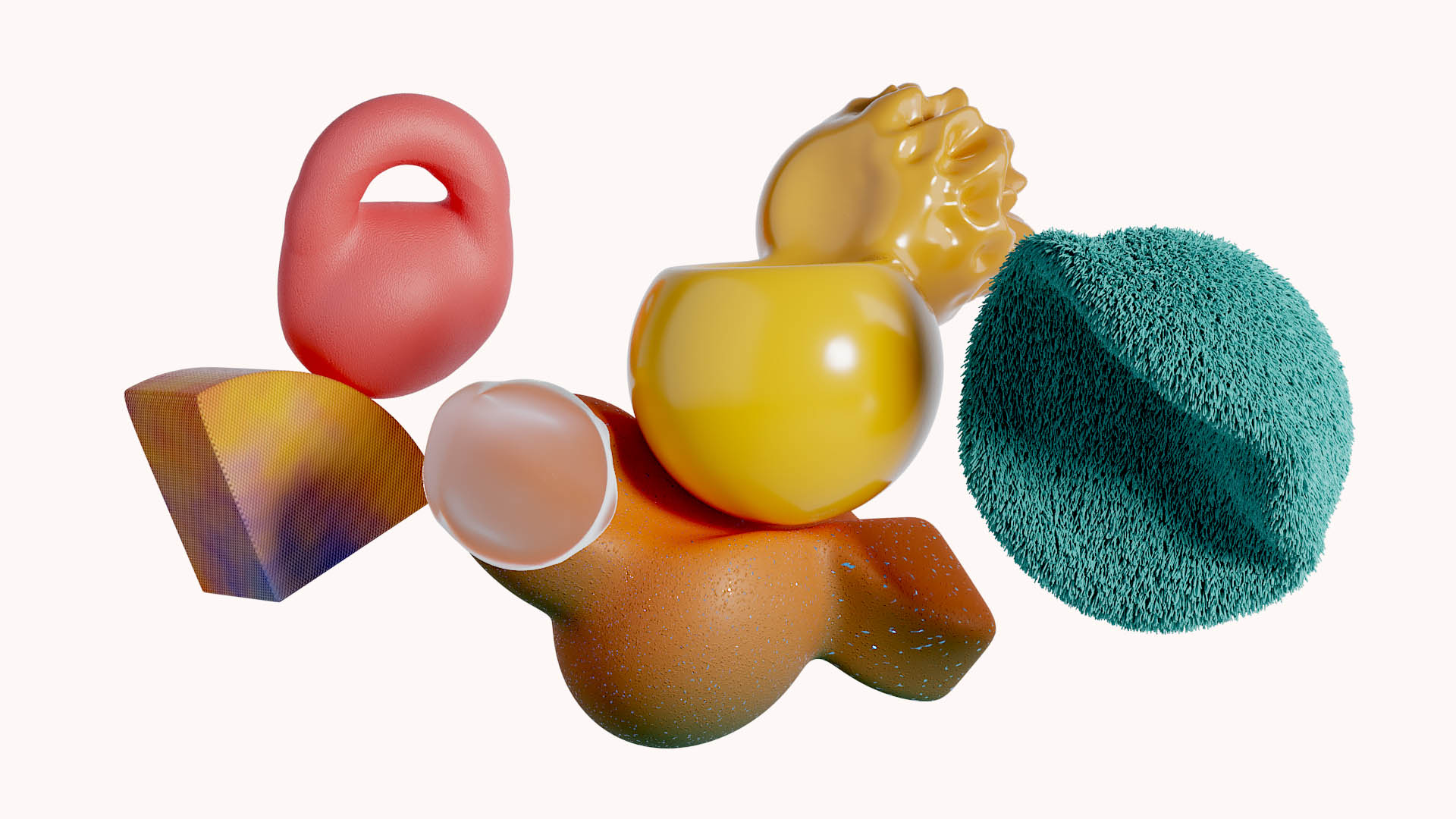
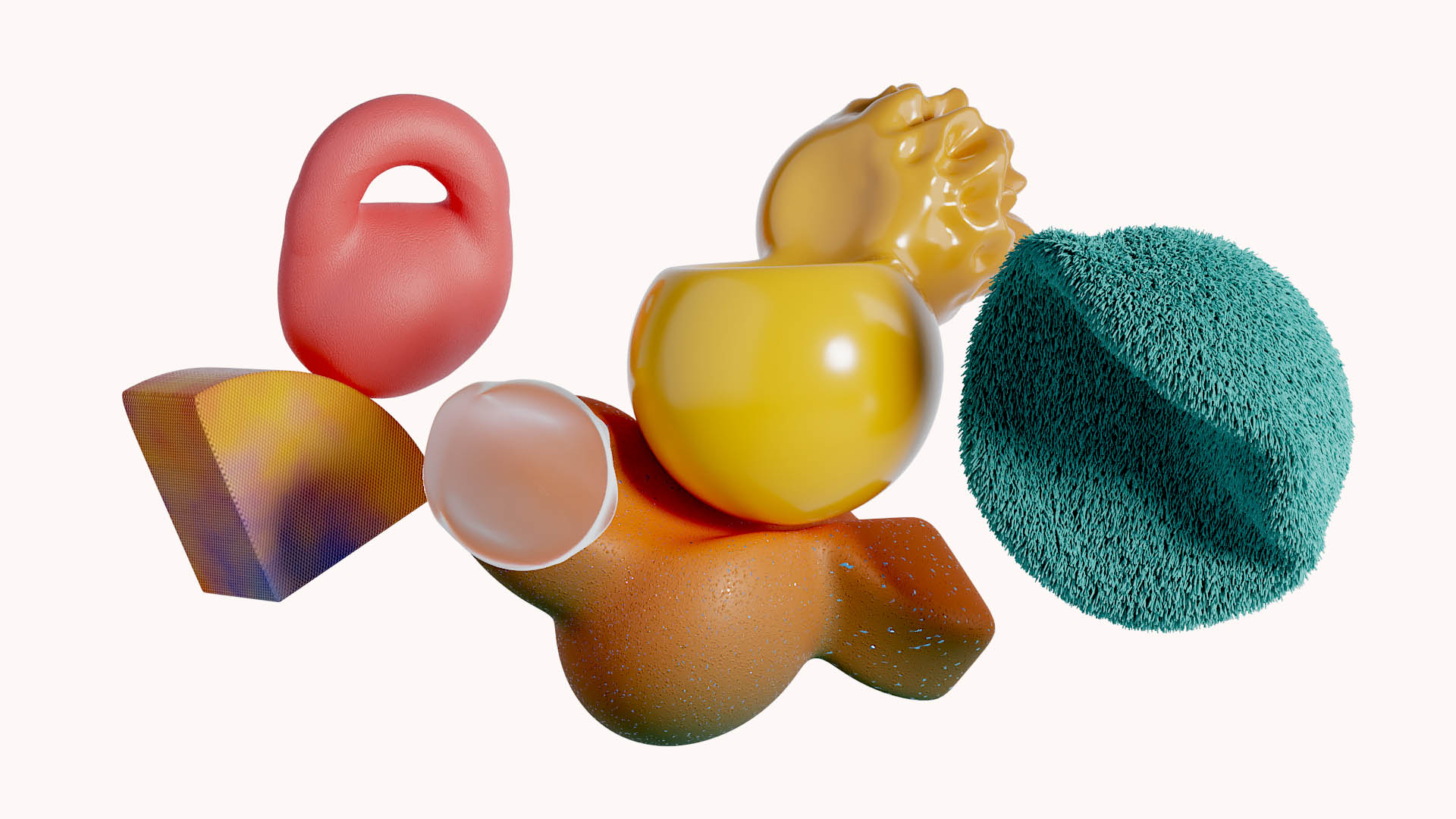
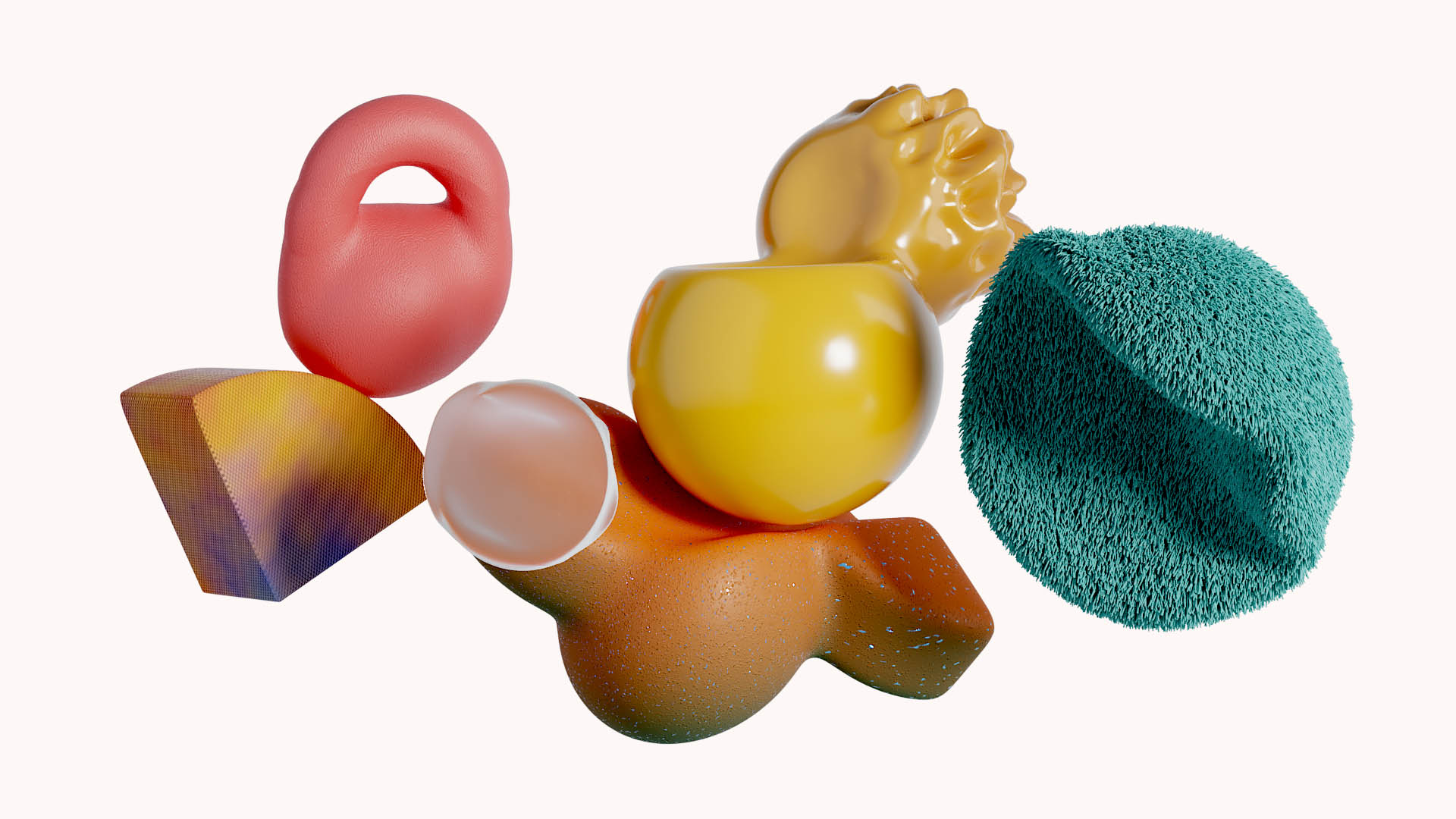
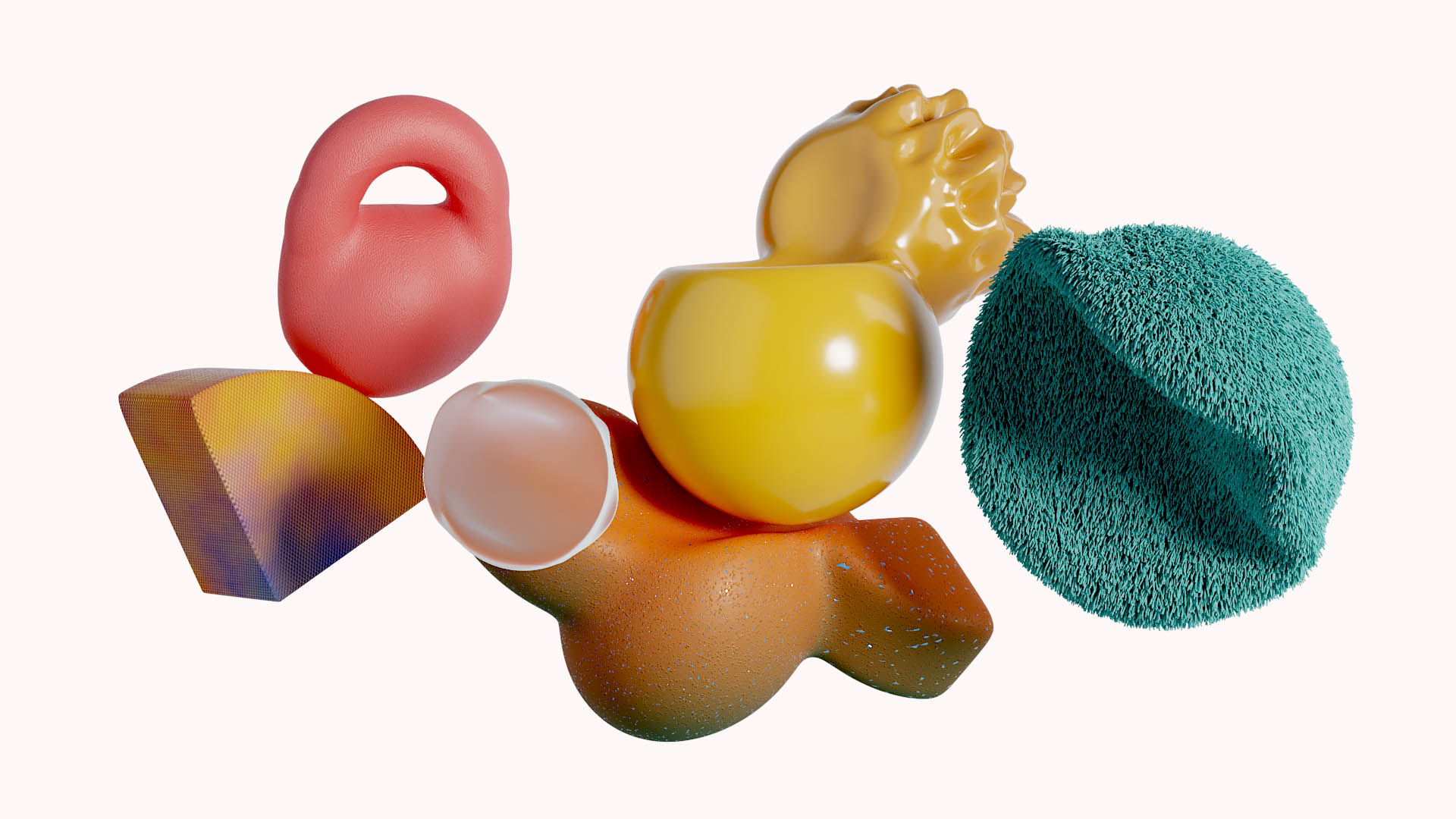
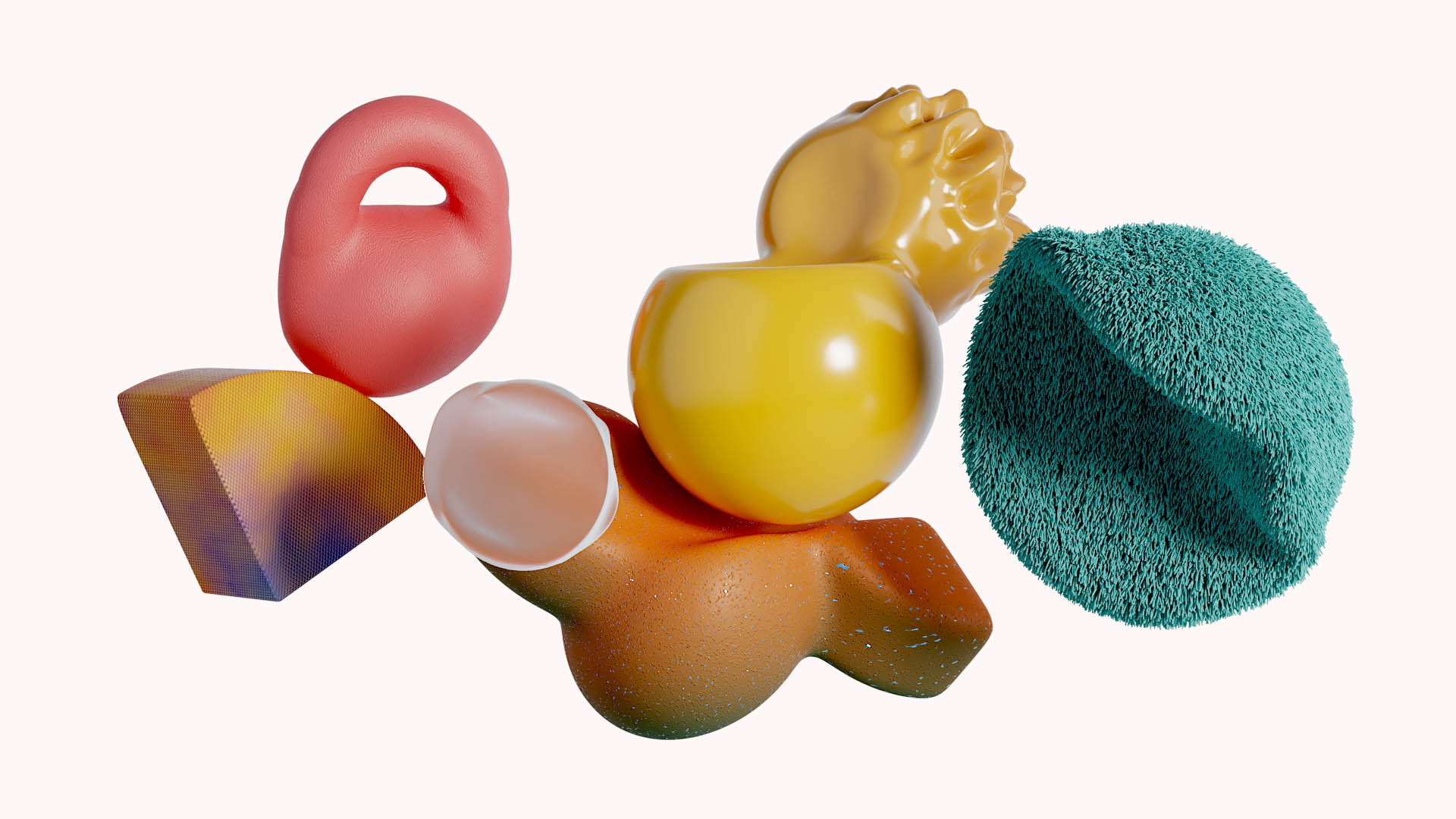
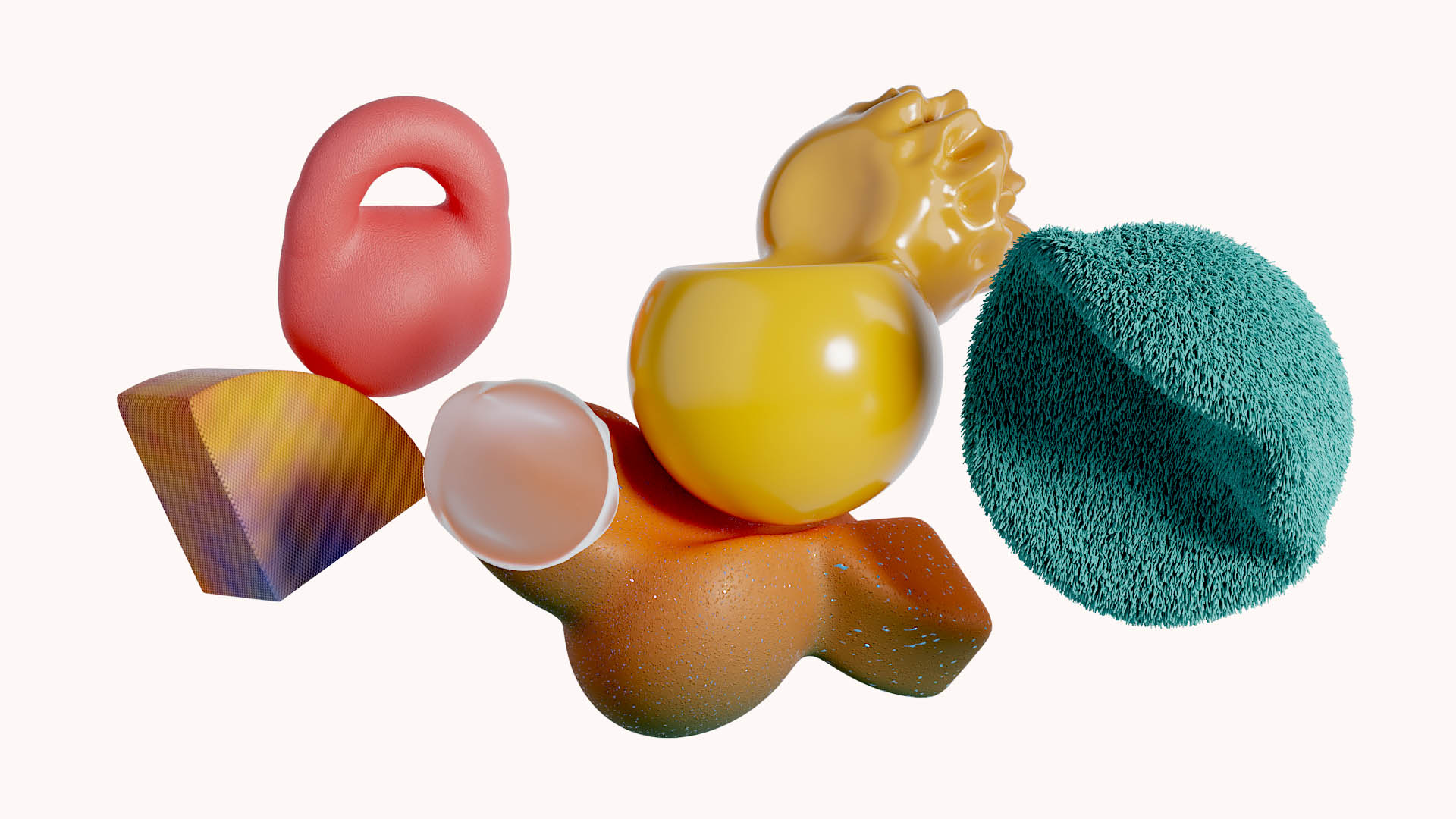
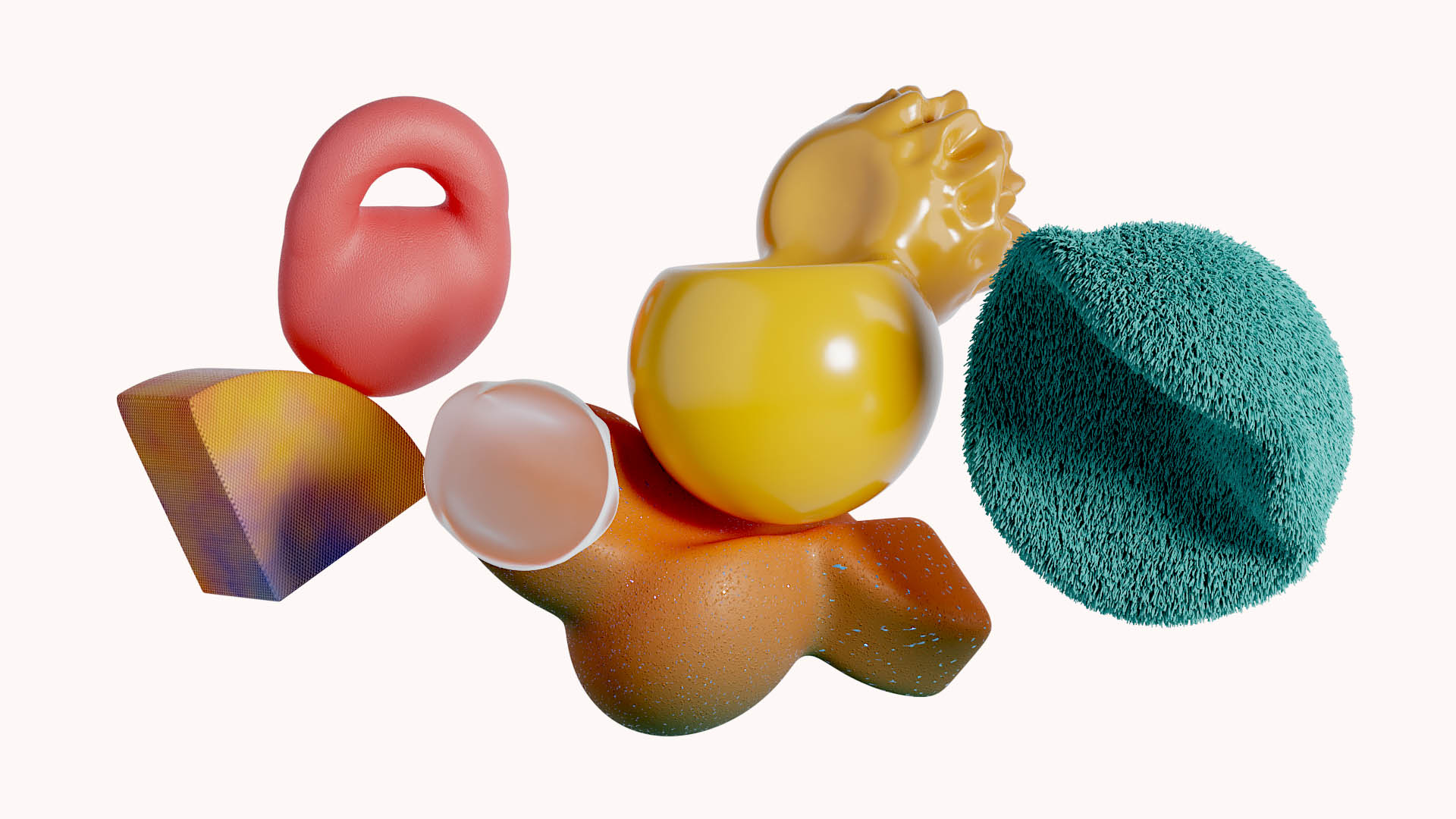
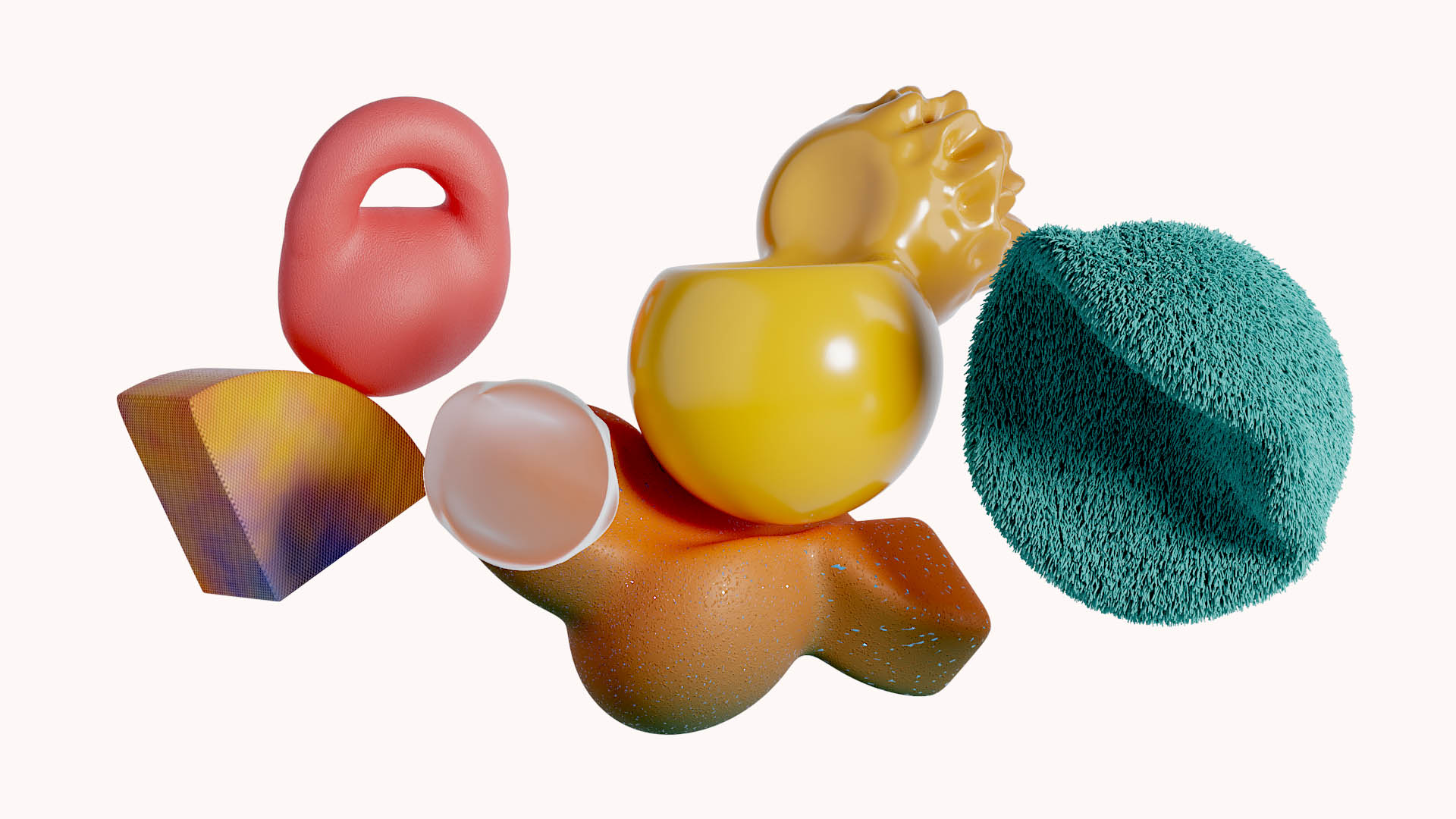
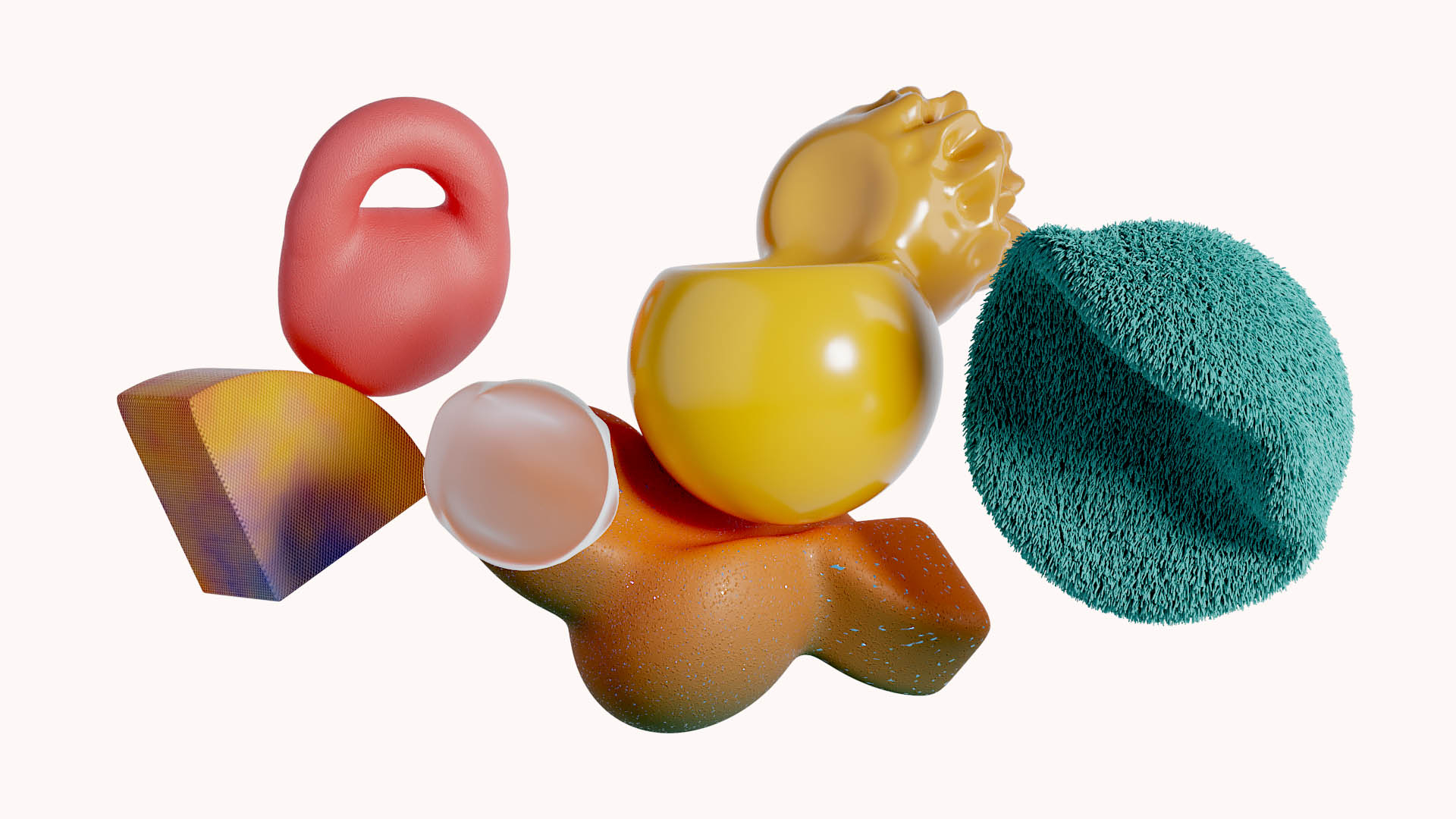
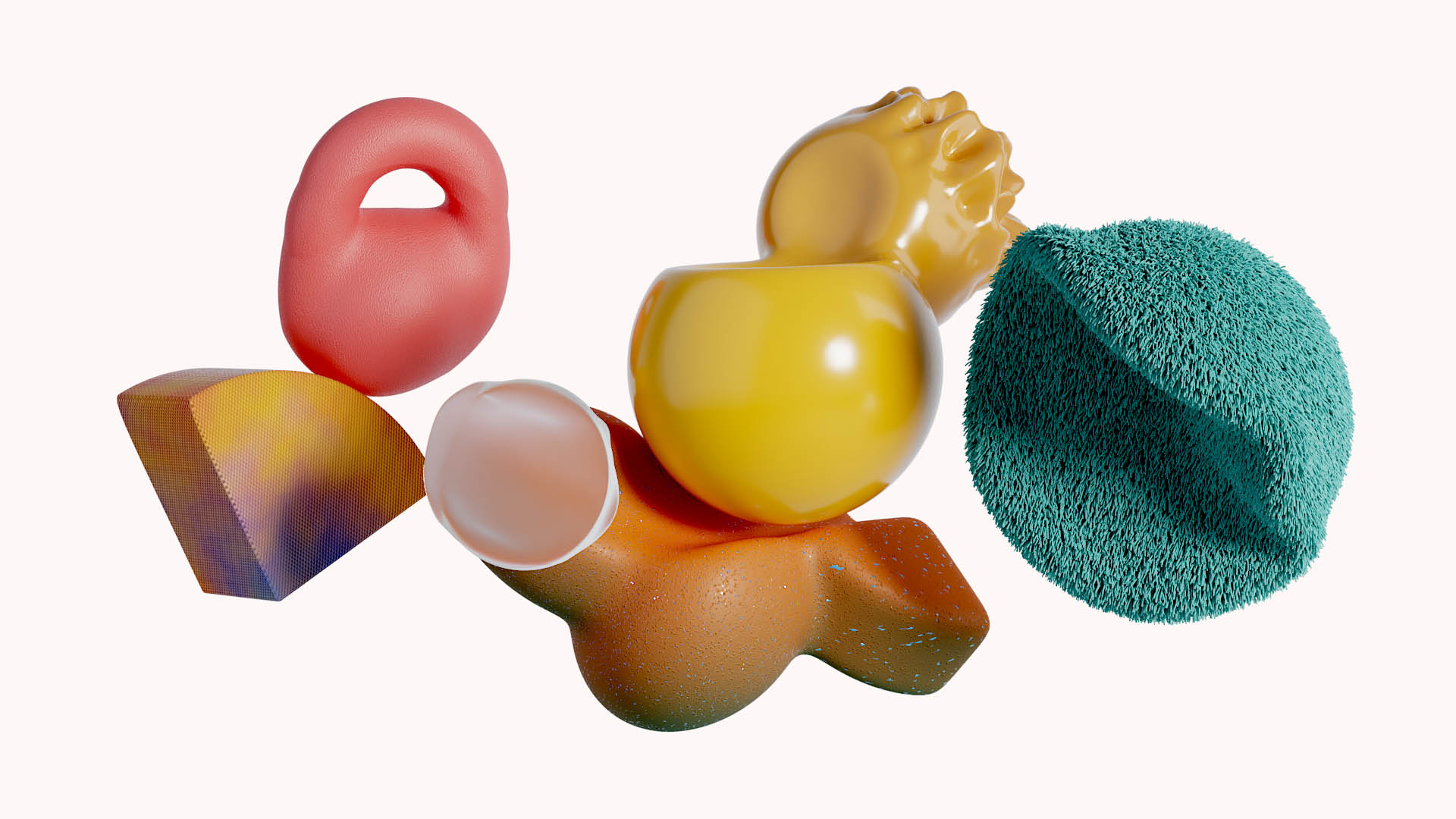
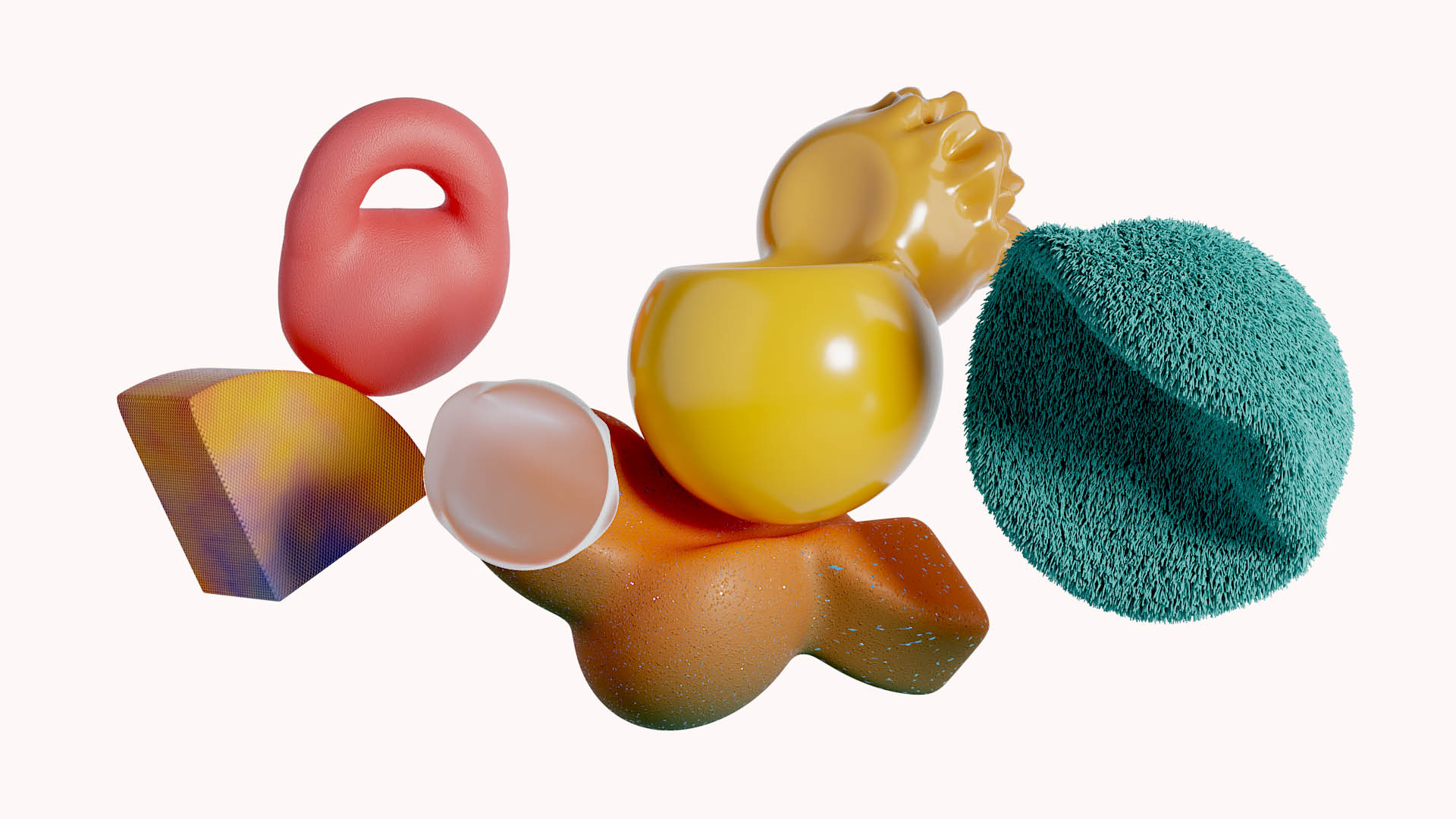
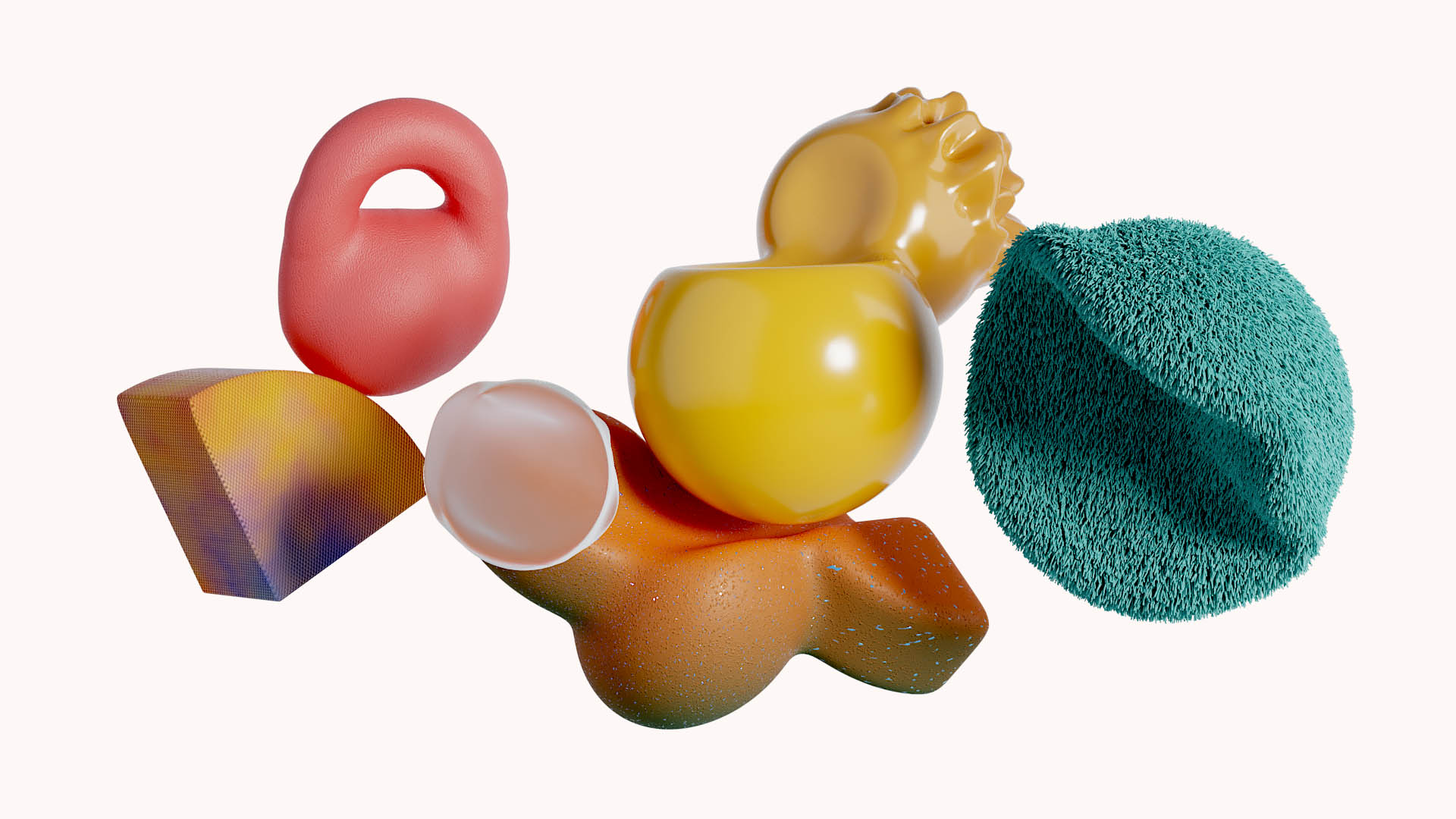
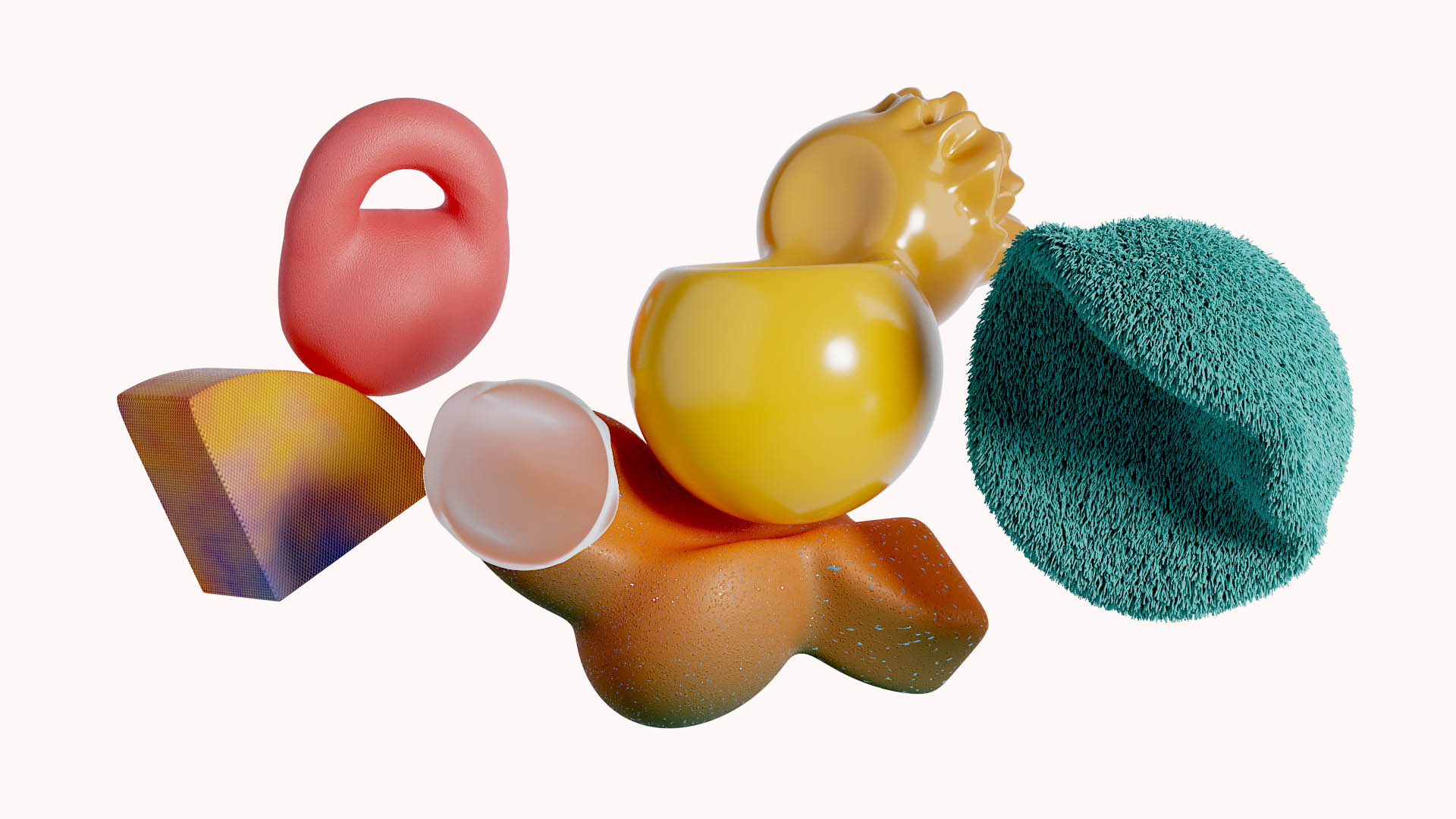
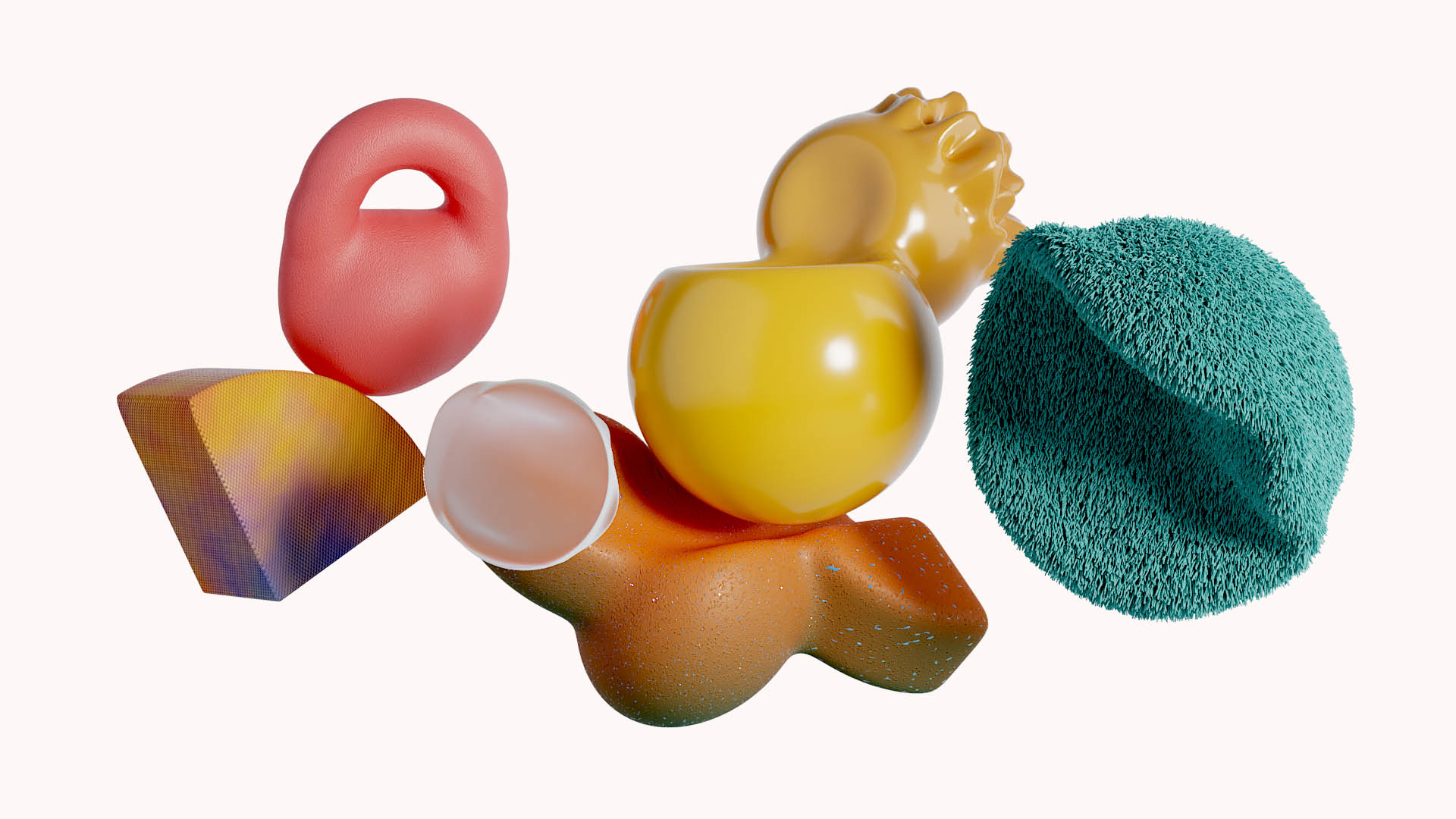
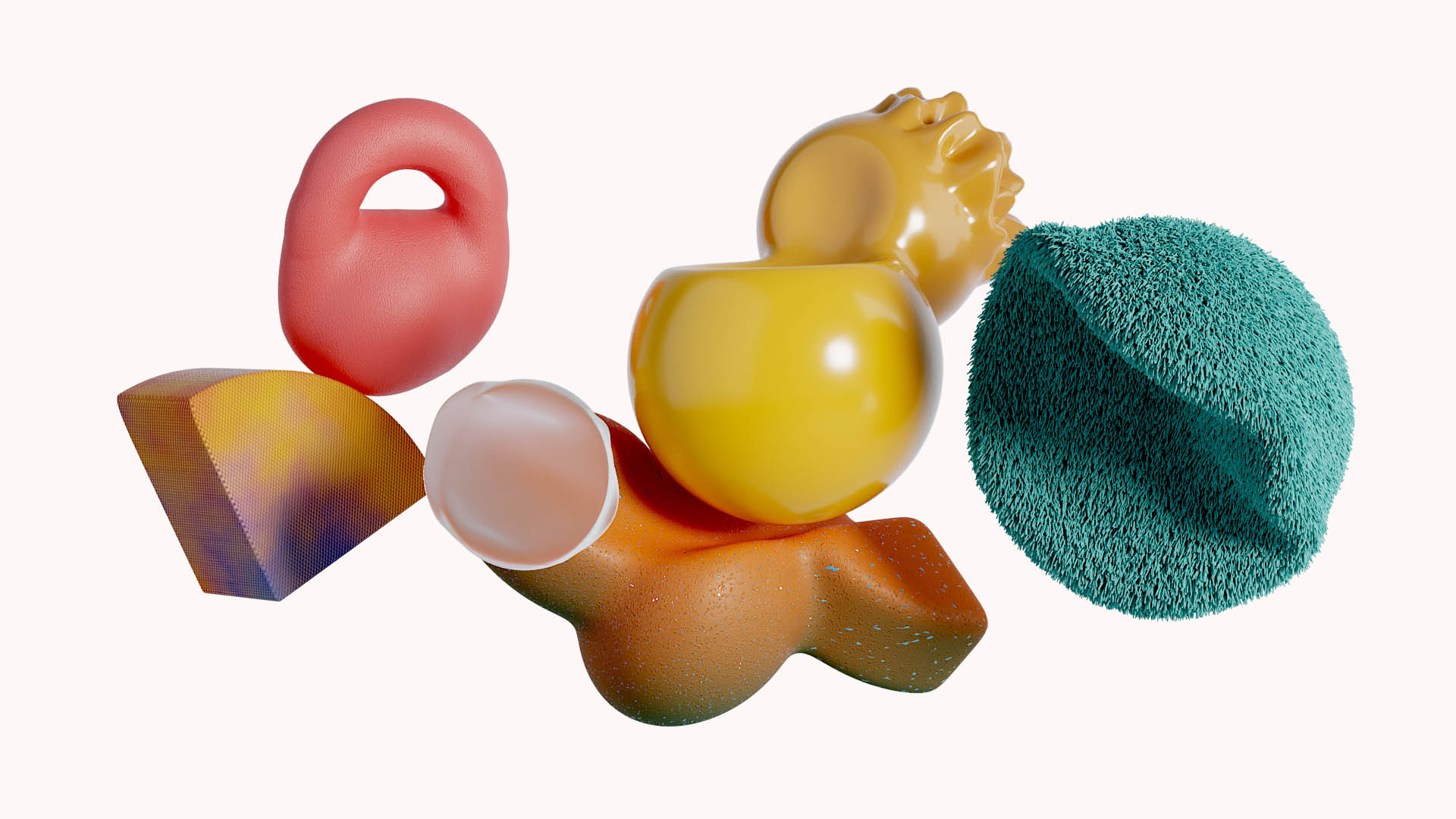
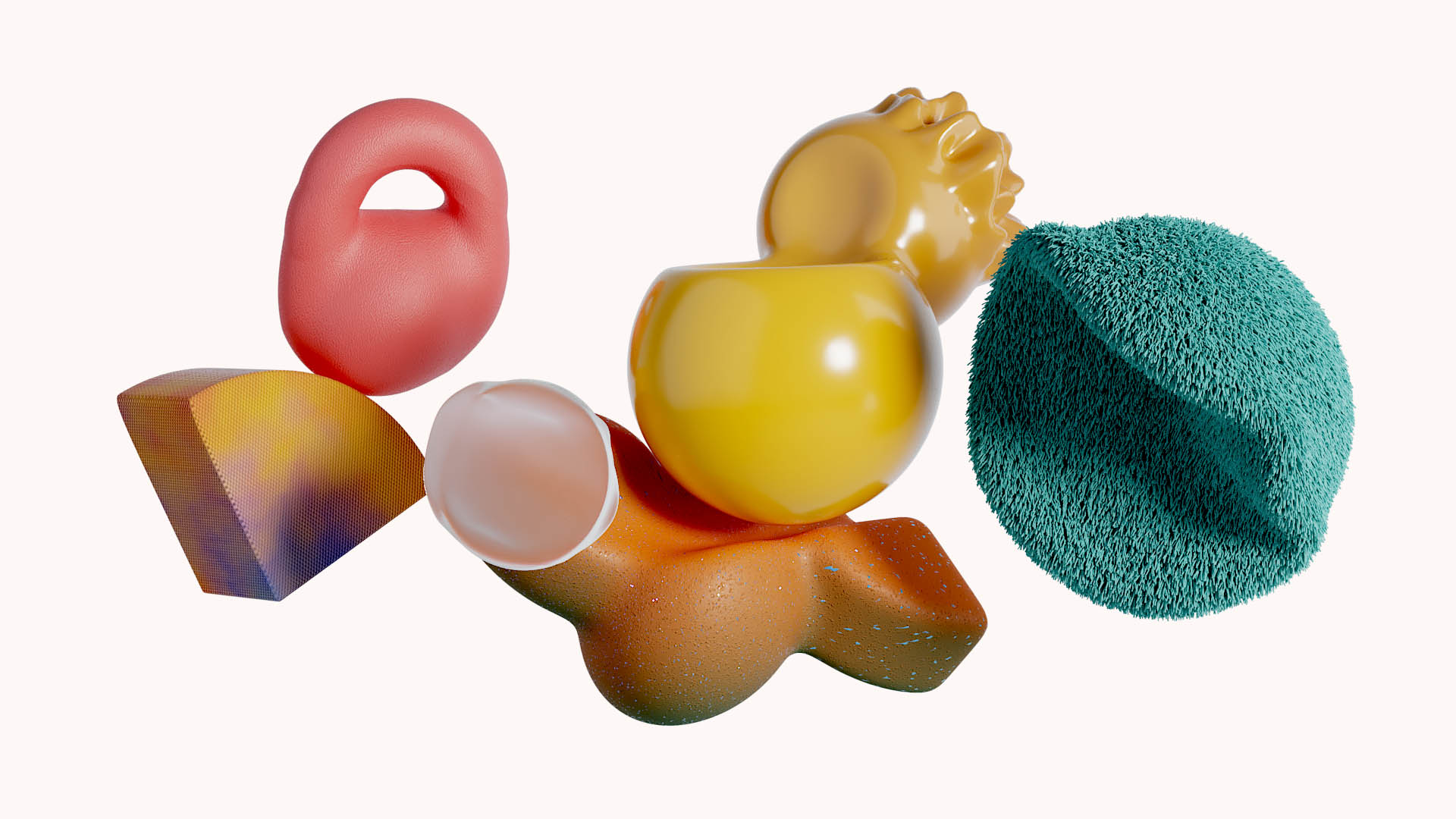
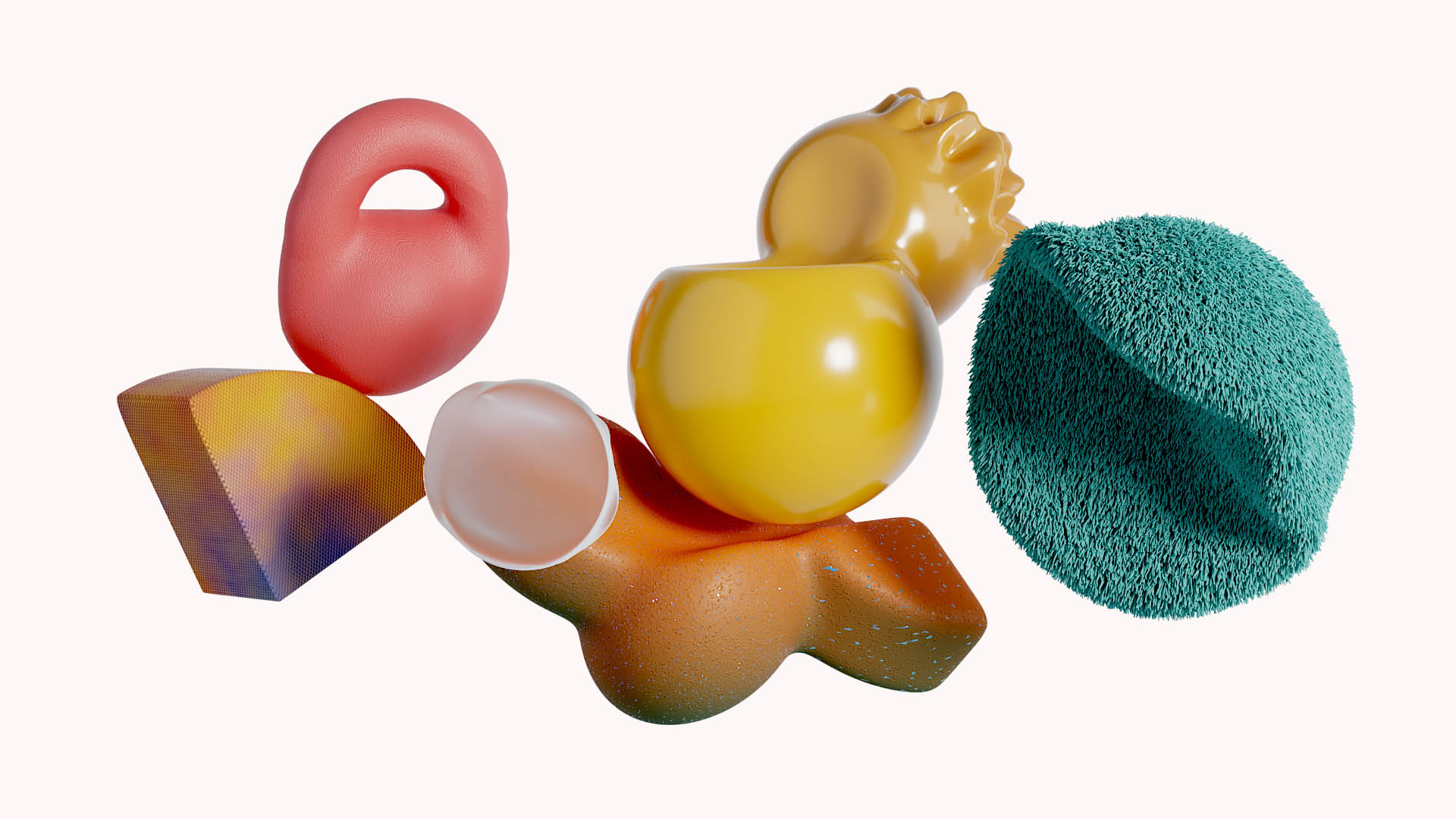
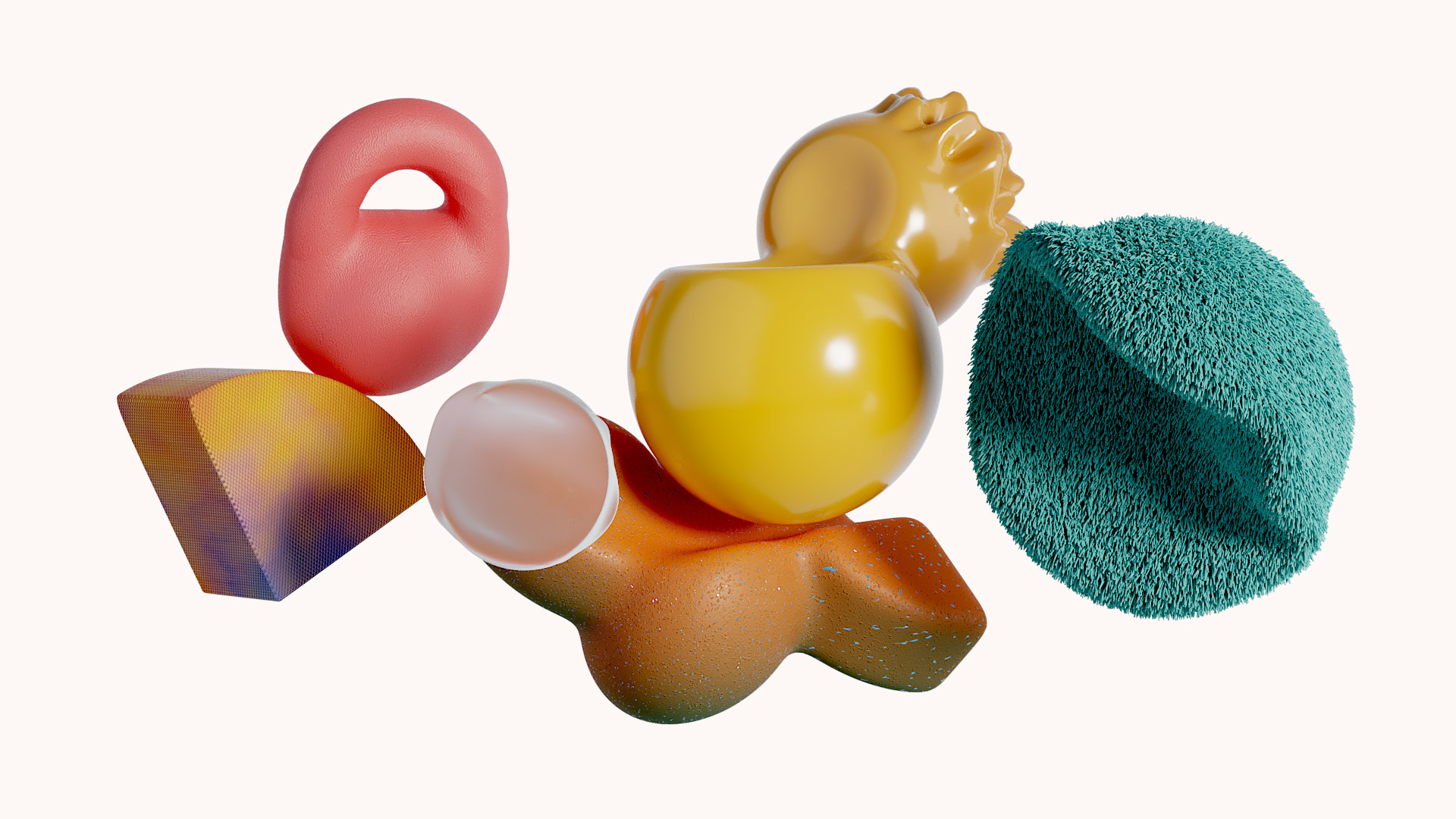
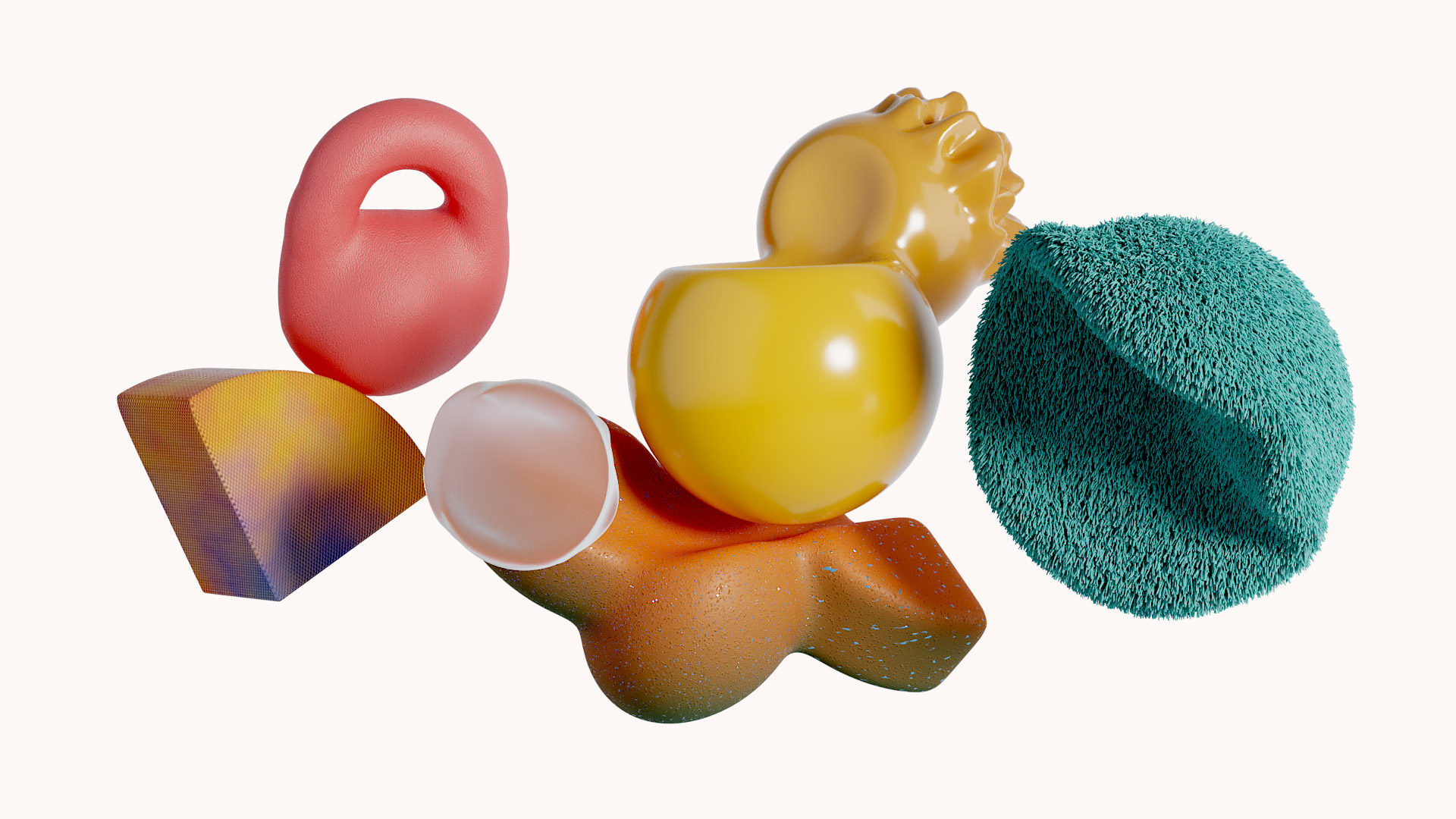
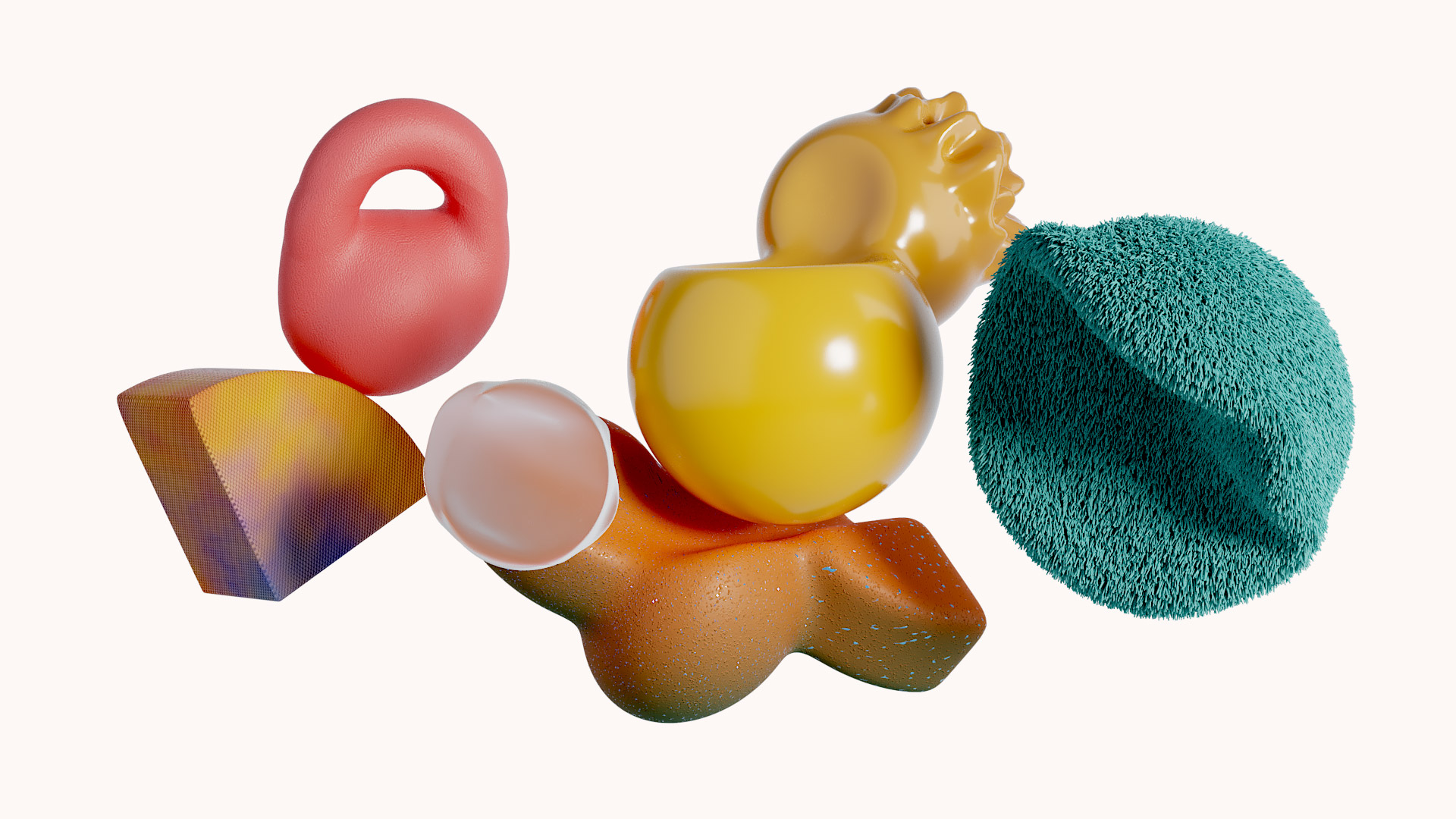
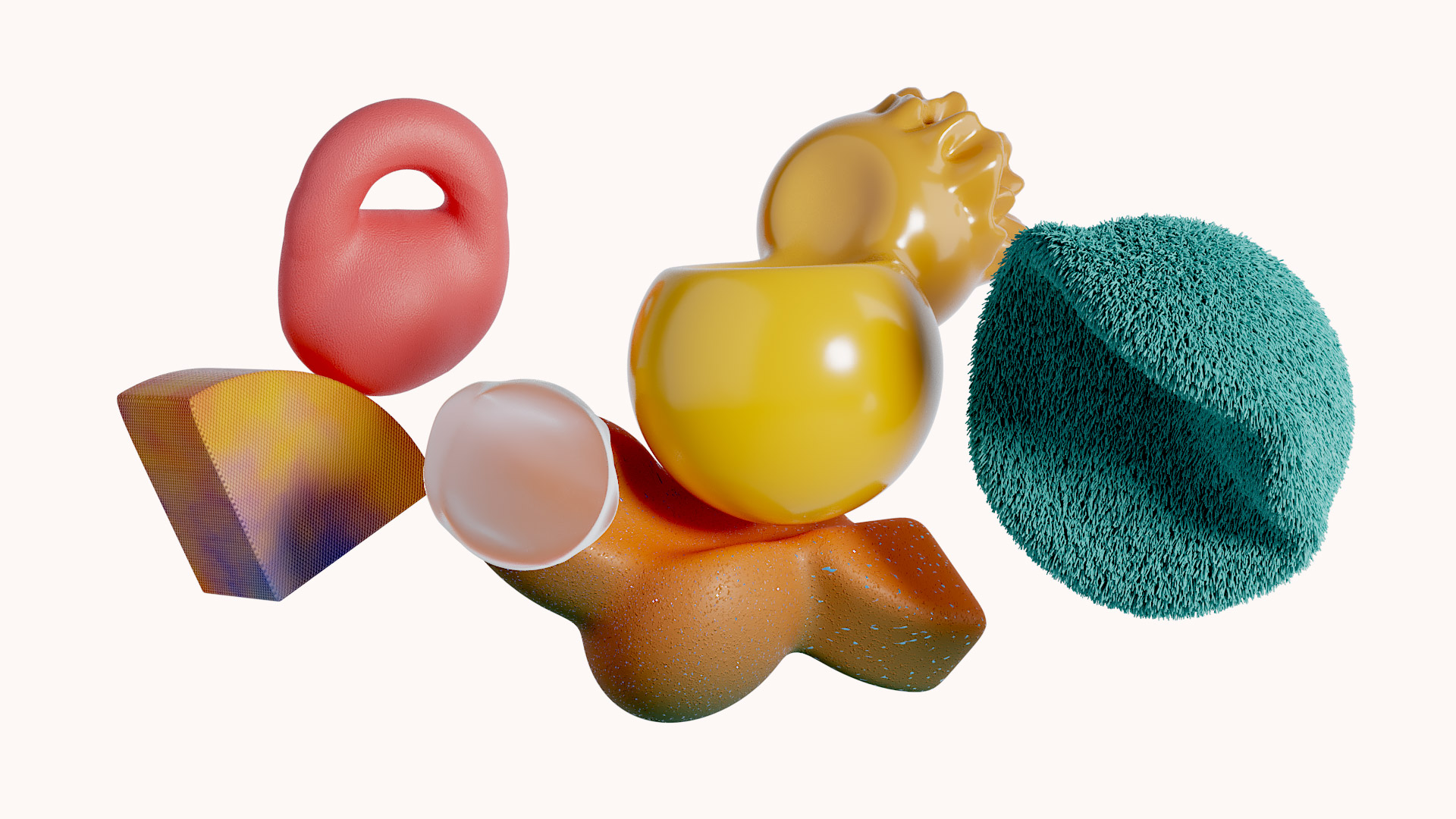
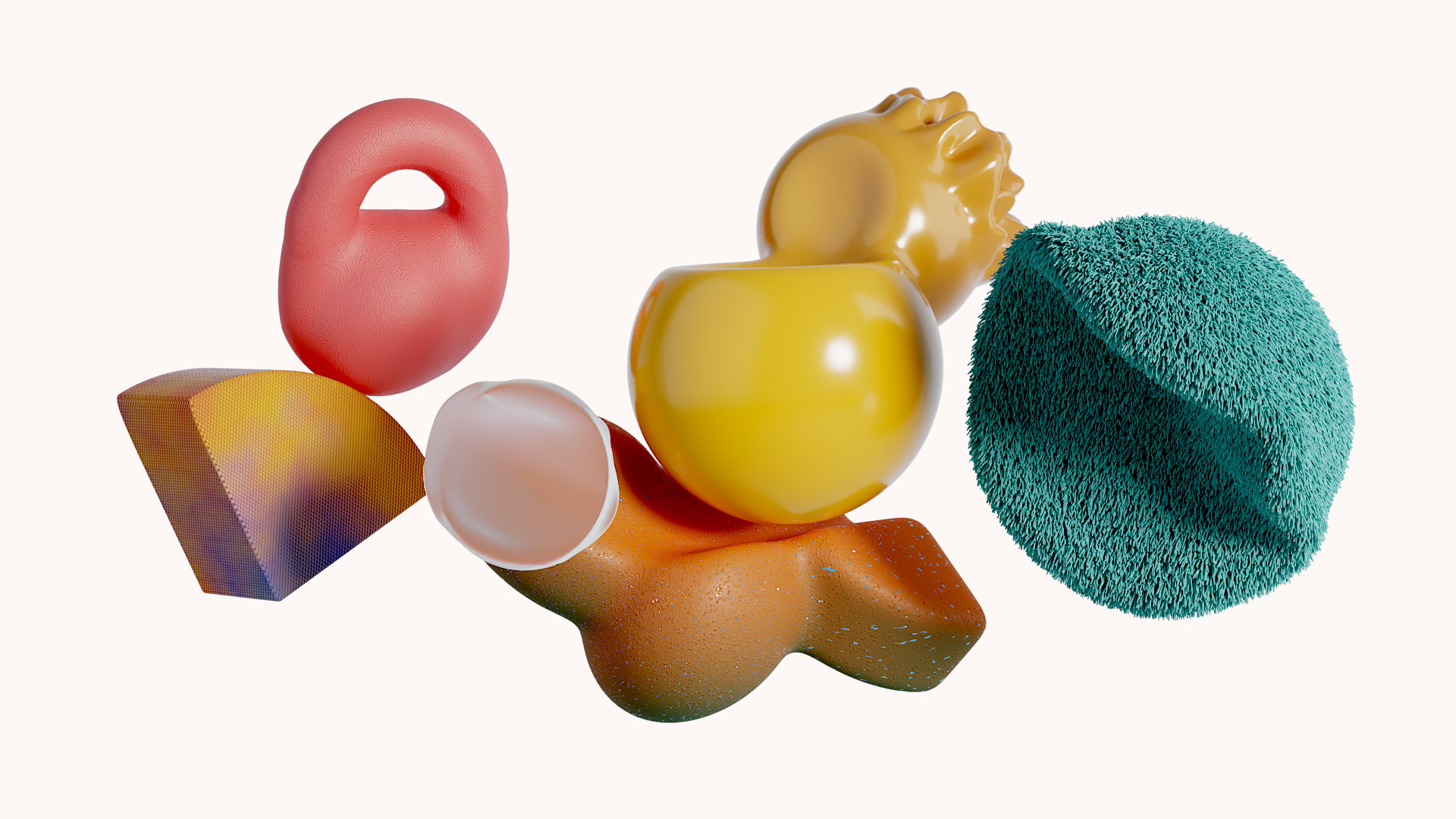
5 min reading time
5 min read
Existence Demands resilience. Enduring through struggle is a powerful tool, but for most of us it isn't sustainable in the long term.
People can only set aside their emotions, their desires, and their health for so long before the expectation of resilience becomes toxic. Maybe adversity does build character. But it also builds frustration and apathy. Given the current challenges to be overcome, we need all the resilience we can get. But what's the point if we all burn out in the process?
We need a concept of resilience that empowers us to prioritize our wellness and agency, because our communities deserve us at our best. We need to encourage play and creativity, because progress only happens when we have the freedom to imagine. But most importantly, we need to make it our duty to pursue joy, not productivity, because human flourishing can't be contained on a spreadsheet.
The point is not simply to be more joyful. The point is to take joy as our compass, a lens through which we assess and act in the world around us, and begin a journey down a path towards more sustainable resilience.
We call it Joyful Resilience.
Let's Start with what Joyful resilience isn't:
Joyful Resilience isn't efficient.
Efficiency is only achieved through control; controlling a process, controlling movement, controlling emotion. Efficiency asks humans to follow protocol, not their own insights and abilities.
Joyful Resilience isnt about endurance.
Sometimes we have to struggle through adversity. But sometimes we have options. Resilience works against us if we see gritting our teeth as inherently valuable.
Joyful Resilience doesn't foster optimal growth.
Capitalism conditions us to seek constant growth and we feel behind the curve when we don't. Yet this is unrealistic for both revenue and our personal development.
Joyful Resilience can't produce constant happiness.
Anger, sorrow, confusion, and pain will always be part of life. Ideals that ask us to minimize our emotional experience for the sake of production make us less human.
What Joyful
Resilience is:
Joyful Resilience is exploratory.
Solving problems requires imagination, a quality we only develop if we use it. Unstructured play gives us opportunities to experiment and stretch our thinking in ways that make us more flexible under stress.
Joyful Resilience is about agency.
We all have agency, but it takes courage and honesty to express it. Radical honesty makes us vulnerable, but also reinforces our agency amid systems that usually fail to consider it.
Joyful Resilience does foster divergence.
Nothing is easier to maintain than the status quo, but our world only gets better when we allow space for change. The freedom to fail sparks innovative ideas, and fun, creative acts become necessary acts of resilience and divergence in a world dominated by inhuman algorithms.
Joyful Resilience can liberate us to be who we really are.
Joy is one of our most potent yet underutilized resources. When we are joyful we don't just feel good, we radiate positivity and embody the most pure expressions of our human selves.

Joyful Resilience may sound light-hearted, but creating a culture to reflect it involves complex choices: both personal and institutional.
As individuals, we can seek opportunities to explore without expectation and have the courage to reject toxic demands on our energy. But those choices are sometimes only possible when businesses, schools, and other powerful institutions open and defend spaces that normalize them.
Our current mantra of endurance-at-all-costs will not upend itself. It will take fervent expressions of personal agency and sustained effort from leaders willing to prioritize human joy over productivity.
Aligning culture with human flourishing will take creativity, but the seeds of it already exist. Below are a few starting points to help us think through what joyful resilience can be.
Play is central for positive educational and developmental outcomes. UNESCO directly links play to the development of resilience, cognitive flexibility, problem solving, and healthy coping skills for children in poverty. These benefits are echoed by Unicef and the Lego Foundation in a joint report discussing the importance of “playful learning” for developing one's sense of agency during early childhood.
But play isn't just for kids. Adults stand to gain enormous benefits from expectation-free exploration. Psychologist René Proyer believes adults should embrace play “in the same way that you might take part in meditation or exercise, playfulness should be viewed as a skill that can be developed, harnessed and used for mindfulness.”
Simone Biles showed us how powerful it can be to embrace vulnerability when she withdrew from five of her six gymnastic events at the Tokyo Olympic Games. Radically honest about her mental health, Biles was resolute in her choice to prioritize well-being over competition. Her decision shook the sports world and catapulted issues of mental health in athletics to the headlines, with hundreds of athletes from around the globe voicing their support.
Before arriving at the Tokyo games , Biles said that the happiest moment of her career was, “Honestly, probably my time off.” After her withdrawal she recalled, “Having the courage to take care & put myself first,” was “the first time I felt human. Besides Simone Biles, I was Simone.” Biles is now partnered with Cerebral, an online mental-healthcare provider, as their Chief Impact Officer.
The expression of Black joy is explored and celebrated not just as a condition of flourishing, but as a necessary source of resistance and healing. “To resist the omnipresent, intrusive and pervasive nature of white supremacy," says writer and host Chanté Joseph, "we must allow ourselves to be rebelliously joyous.” Through purposefully amplifying Black joy, those bearing the burden of racism find laughter and solidarity amid violence and a new opportunity to understand oppressive forces by using joy as a lens to reimagine a world without them.
Designer and author Ingrid Fetell Lee focuses her work on embracing joy by creatively designing the made environment that surrounds us. On her website, Aesthetics of Joy, she argues that creating spaces with whimsical colors, patterns, and shapes pulls us away from our rigid expectations of utility and makes for a more joyful existence. Life's stressors are all around us, but according to Lee, small instances of creativity breed a joyful grounding effect, making us more resilient when we're under pressure.
Looking Forward
Joyful Resilience doesn't just fortify individuals. It builds more flexible businesses, supportive communities, and open-minded cultures. Join us in this issue of Athena Jones as we explore, experience, and express the possibilities that open to all of us when joy and resilience collide.
Experimenting with collective play through sound, building a vocabulary of joyful resilience, and rethinking a resilient workplace are just a few of the topics we're thinking about. Stay tuned.